So You Want To Join A Pistol Club?
Our current club fees for 2023-24 are $200 (this is inclusive of your VAPA capitation fees).
So you want to join a pistol club
The information herein was written to to explain what’s involved in getting into the sport of target shooting with a pistol club. It should not be considered authoritative and the law regarding handgun target shooting changes over time be careful when reading it and verify if something has changed if this information says something that contradicts what someone else may have told you.
Read this before you visit a pistol club.
-
The most important thing in Victoria is that you may only handle a handgun 10 times after filling out a notice of receiving instruction (NORI) form. After this you must join a club and get a provisional handgun license before you can ever touch a handgun again. Read the NORI form carefully there are legal penalties for providing false or misleading information on the form. Note that when visiting a club you do not have to shoot you should be welcomed even if you only wish to see what is involved in a competition. You will learn more about a club from watching a competition and how the shooters and range/safety officer interact than just talking to someone.
-
Different clubs are about different things (ISSF versus Service/Action versus IPSC) when it comes to target shooting. Pistol shooting is a lot of fun, however it’s also a lot of hard work and dedication if you want to improve your pistol shooting. Some clubs may only offer one or two of the three types of events listed above. It’s difficult to know what you may be most interested in without having tried any of them. Starting with ISSF events (especially air pistol) is an extremely good way to learn proper technique and shooting.
-
Look, listen, and learn. When you visit a club for the first time look at how they behave, do you feel safe around them (are the people safely handling firearms on the range) and is the shooting well controlled? Have a listen to what they have to say do. Learn about what the people are like, if you join you’re unlikely to get a refund if you decide you don’t really like the club. Visit multiple clubs near you and decide which one better fits you and caters to the events you would prefer to shoot.
-
When you have your first few goes at shooting don’t stress that the person supervising you is too close (hopefully you don’t have personal space issues) they need to be close so that they can stop you from doing something wrong. That may be as simple as grab your hand if you start to turn a gun in the wrong direction. Handguns should always be pointed in a safe direction (if you’re unsure where that is ask!) but when first starting and you’re not used to where that is and you’re a bit stressed it’s possible to get it wrong. That’s also why some clubs will only let you shoot an air pistol before joining. That’s a club preference and it’s somewhat rude to ask or insist on shooting something else – remember you’re probably shooting another members personal gun and it is up to them to what they will let you shoot (since they will have to clean it).
- Don’t leave immediately after shooting ask some questions or wait around and see what else happens at the club. If you’re after a social environment as well as wanting to take up shooting if everyone packs up and leaves the club may not be for you. Conversely if you’re not interested in socialising with the club members after shooting because of personal commitments say that you’d like to stay and explain why you’ve got to leave. For the first few times make the effort to stay though remember you’re going to be in an environment where you have to trust them to be around you with guns and if you join they will need to trust you similarly.
-
Never specifically ask about when you can buy a certain type of gun. It tells the club that you are less interested in target shooting and more interested in owning handguns, our club prefers that you be more interested in target shooting and choose a gun to suit the event(s) you want to shoot. Almost without exception no matter what your previous experience you will start in the air shed and then progress from there – that’s not because we want to put you off shooting – shooting is about more than going bang – it’s about good technique and shooting properly. Shooting air pistol allows someone to look at what you’re doing and see what you may be doing wrong. Doing well at air pistol will improve your overall shooting no matter what events you shoot or may be interested in shooting.
-
Think about the time commitments required for pistol shooting. If you plan on getting better it is going to take a serious time commitment on your part to achieve results. Do you have the time to be able to set aside the nights (or days) on which the club shoots the events you are interested in? If you only plan to meet the minimum competition requirements if you eventually own a handgun is it really worth the time and (not insignificant) monetary costs involved in pistol shooting. Owning a centerfire gun will almost definitely mean reloading your own ammunition (are you prepared to do that and do you have the space to do it).
-
Are you going to be a fair weather pistol shooter? Competition goes on if it’s hot, cold, or raining – will you have the dedication to come along regardless of the weather? If you have a medical condition that would prevent you from shooting in certain types of weather or from attending the range regularly you might seriously consider if this sport is the right one for you. Similarly if you have a job or personal circumstances that may prevent you from attending the range. Regular attendance, training, and continually trying to improve are key to success. If you hardly ever come your club committee will probably never let you purchase a gun because you have not shown a regular commitment to target shooting. If you aren’t going to turn up regularly you might consider if longarms may be more suited to you since there are no competition requirements for longarms.
Joining a pistol club
-
It is a rare pistol club that will let you join without you coming along multiple times. You may be all psyched up to join a club and get started but if you’re going to join a club you need to make sure that it’s a good fit. If you actively dislike some of the other people at a club you may find that it reduces your enjoyment of the sport. The club is almost definitely making the same determination about you as well, if you don’t fit into the club when you ask to join you may find that you get told that they think you’d be better off joining a different club. It’s up to the club to let you join them – you can’t force them to accept you.
-
When joining a club you will need the following for them:
-
a. Two personal references from people you have know for more than two years who are not related to you.
b. A completed application form for joining the club (VAPA affiliated clubs will also make you fill in a VAPA membership application) – you almost definitely won’t get this form until after the club is willing to accept you as a member. Don’t press for an application form wait for someone to give it to you or ask nicely if you can have one once you have been to the club at least 3 times (ask on your 4th visit).
c. Two or more passport sized photos (one will go with the VAPA application)
d. A National Police Records Check – some clubs insist on this and ours definitely does – we want to see what’s in your background that indicates if you have ever been charged or convicted of a reportable offence in any state or territory of Australia (including at the Federal level).You can refuse to provide the national police records check but remember that the club will probably refuse to accept you as a member if you do so (our club will not let you join). If it will report something apart from “No Reportable Offences” you will need to explain what happened and when. If there are any reportable offences involving violence or drugs it will almost definitely make the club refuse your membership application irrespective of when it occurred. It is better to discuss any issues with the club at the start than let it be a surprise later one and you have to explain in more detail.
For the kinds of offences that may cause a club to consider not letting you join contact licensing services and talk to them about if your history would preclude you from getting a handgun license. An example of what may be allowed would be a single intervention order (e.g. AVO or DVO) which was never breached after it was taken out and a significant time period has passed since it expired. These kinds of things can sometimes happen during a messy divorce; the important thing is that the order must never have been broken. The club may require that you get a written letter from licensing services verifying that the reportable offence on the national police records check would not preclude you from being granted a handgun license.
A timeline of what happens when
- Visit pistol clubs and find the right club for you
- Join a pistol club
- Immediately after joining a pistol club you are allowed to apply for a provisional handgun license.
Before you can apply for a full license you must have your fingerprints taken – this must be done by booking in using the form on the police web site. You must have a national police records check done at the same time as you get your fingerprints done you cannot do fingerprints only. If you are getting your fingerprints done for another reason you can elect when having them taken to have them recorded for multiple reasons (working with children, security, and handgun license) but if you have had them taken previously and did not elect multiple reasons you cannot change the reasons for which they were taken afterwards. You fill in the police form, call the number on the form and make an appointment, and then send off the form to address given on the form. If you live in Melbourne in most cases you are limited to having them done in docklands – you cannot get them done anywhere else in Melbourne. You must attach the national police records check to your full license application. Note that you can get this done any time – it does not have to be just before you apply for a full license.
4. Complete 5 competitions within the first 6 months (note: you should apply for a provisional handgun license that lasts 9 months, it has a minimum period it runs for from 6 months to 12 months). This is not hard to do and failing to do so may bring into question your commitment to this sport. The 5 competitions must be completed before your committee can endorse an application for a general category handgun license (you must hold a provisional license for 6 months before you can apply for a general category handgun license).
-
The reason for the at least 9 months is when you submit an application for a general category handgun license is that with a six month validity while waiting for your full license you may not be able to touch a handgun You must shoot using NORIs and if you are already at 10 you may not touch a handgun until you receive your general category handgun license, paid for it, and had your picture taken at an approved photo point. With 9 months validity you can continue to shoot using your provisional license while your general category handgun license application is processed
-
Once you have a general category handgun license your club committee is able to endorse permits to acquire (more information below).
-
Important: Unless you already have a category A / B longarms license you cannot purchase ammunition or take ammunition outside of the range if you are unlicensed. There are severe legal penalties for being unlicensed and having ammunition in your possession. Have someone else keep it for you or write your name on it and keep it in the club storage room.
Preparing to purchase some guns
Talk to your committee and inquire what handguns you are able to purchase. There are limits on the number of guns you are allowed to purchase in the first 6 months when you get your general category handgun license. Note that you must have a safe already installed before you are able to file a permit to acquire. It must have been inspected and approved by a committee member (there’s a form for that) or by a member of the police. If the inspection is done by the police they must send a letter to the club indicating that the safe has been inspected and meets the requirements set forth in the firearms act for the safe storage of handguns (ask the secretary for the address to send it to).
How often you turn up and what competitions you have shot will affect if and what kind of handguns your committee will allow you to purchase. Talk to your committee about what you might be planning on purchasing. Don’t pay for a gun and then find out that your committee won’t approve a permit to acquire it. If all you shot were the minimum 5 competitions and you were hardly ever at the range don’t be surprised when your committee tells you that you need to turn up more regularly before they let you purchase a handgun. The same also applies to asking for a gun for a competition you’ve never shot before, your committee will probably insist that you turn up and shoot it and make sure you like it before purchasing a firearm for that event.
Ask about the requirements for a safe when you’re a few months into your probationary license. You may need to choose a safe to suit your personal circumstances, for example if you rent you will not be able to fix a safe to the structure of the property which will mean that you need a suitable safe that weighs more than 150kg. If you plan on storing your guns at a place other than where you live (e.g. your parents place) write a plan detailing how you intend to prevent access by anyone else to the contents of the safe.
So now you own a handgun
You have competition requirements that you now need to meet. The classes of firearm are:
1. Air pistol (almost always single shot .177 calibre)
2. Rimfire .22LR (most competitions require this specific calibre)
3. Centrefire up to and including .38 calibre (including .38 Super, 9mm, and 357 Sig)
4. Centrefire more than .38 calibre (unless you shoot classic pistol or Metallic silloute you can ignore this category)
For each of the above classes of handguns you are required to participate in at least 4 competitions for that class of handgun (plus 6 more). That is 10 for one class, 14 for two classes, and 18 for three class (and it’s 22 for 4 classes of handgun). It’s not hard to meet the competition requirements if you attend the range regularly to shoot competitions.
At Springvale pistol club there are usually 2-3 air pistol competitions per month (2 shared with the Sporting Shooters Pistol Club), 2-4 .22 competitions, and at least 4 competitions for centrefire guns (including Service, Service 25, Action Match on Saturdays) as well as most months having one centrefire (ISSF) competition. The details are available on our club calendar. Our club does not shoot any competitions that class 4 handguns are allowed to be used in.
Meeting your competition requirements is your personal responsibility. Your committee may remind you when you’re falling behind in your requirements but they aren’t responsible for making you do them. If you fail to meet your requirements the police can seize your guns for the classes that you didn’t meet the requirements for. You will receive no compensation when this happens the guns will be destroyed.
Competition requirements for any class are pro-rata for the first year you own a class of handgun. For example you get a new air pistol in December you have no competition requirements for air pistol (4 * 1/12 is less than 1) but if you had purchased it in June you would need two competitions (that excludes any discussion about the other requirements for 6 competitions in any class of handgun which is also pro-rata for your first handgun). If the next year you purchased a rimfire gun in June your competition requirements would be 2 rimfire (class 2), 4 air pistol (class 1), and 6 in any class of handgun. The 6 extra required do not have to be done with guns in the classes of handguns that you own.
Our club insists that that in almost all cases participation requirements are meet by competition participation. It is not uncommon to see the number of competitions competed in by some members significantly exceeding the minimum legal requirements by a factor of 3 or more.
In the event of serious injury (and a few other reasons) it is possible to apply to the police to vary your competition requirements. Note that if you didn’t shoot any events in the first half of the year and then were too sick to complete your requirements in the second half the police may exempt you from half of your requirements which would still leave you not meeting them and having your guns seized (they will be destroyed). You will not lose your license when this happens but you will be unable to purchase guns in that class of handgun for at least 12 months It it always better to get competition requirements done as early in the year as possible.
Outside of the club you should carefully consider who you might tell that you own handguns outside of your immediate family. You never know who someone else might tell and who might end up knowing you have them. You may become a target for break-ins or a home invasion. Handguns are not play-things or things to show and impress friends with and under no circumstances should anyone without a handgun license have access to the safe in which they are stored** or be allowed to touch them (even unloaded) outside of a shooting range approved for target shooting by the police and then only after having fully completed a NORI.
**There have been cases of the police testing this during serial number checks and inspections of safe keeping arrangements. A child, spouse or someone else may ask if they know where the keys are – they must not know where they are or if they do they must be secured in a way that only the license holder has access to them. Nobody, unless they have the appropriate license for that kind of firearm, should be able to gain access into a safe where firearms are kept. Minors with handgun licenses must also not be able to access stored firearms at home.
General club conduct
A pistol club is a place where you should always be civil, safe, and never intentionally damage the range. Any form of violence, threatening behaviour (implied or actual), vilification or harassment will not be tolerated.
The club secretary has the power to write to the chief commissioner of police (really licensing services) stating that someone is not a fit person to hold a general category handgun license (doing this would be decided by the committee). In all likelihood this would be accepted at face value – the persons handguns would be seized and their license cancelled. Note that a club secretary is granted immunity from civil liability by the firearms act when this is done. In general, except in exceptional circumstances, you would be more likely to be brought before your club committee to explain yourself before anything that drastic happened.

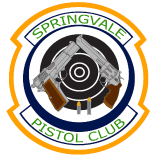


 Members Login
Members Login




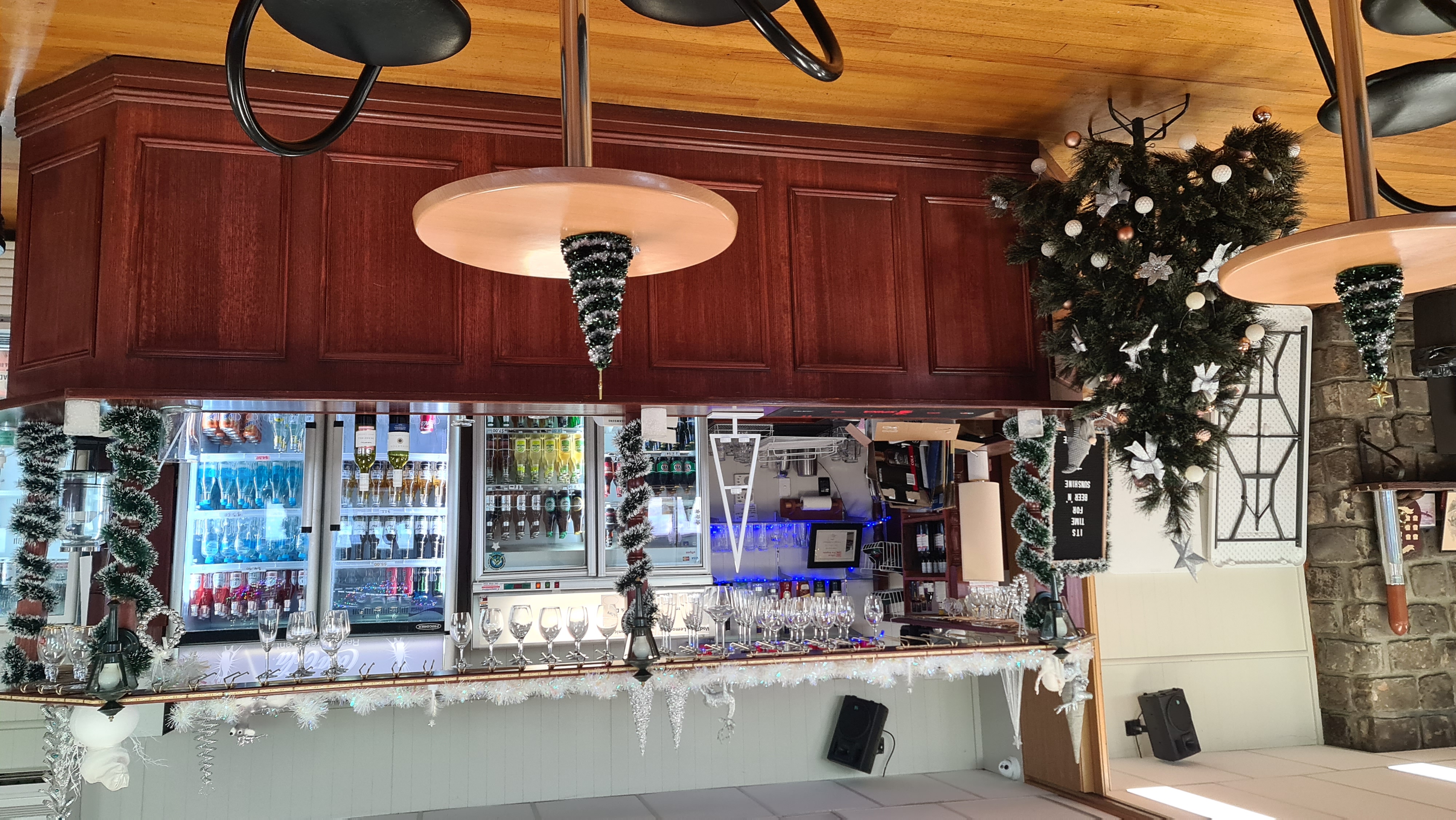
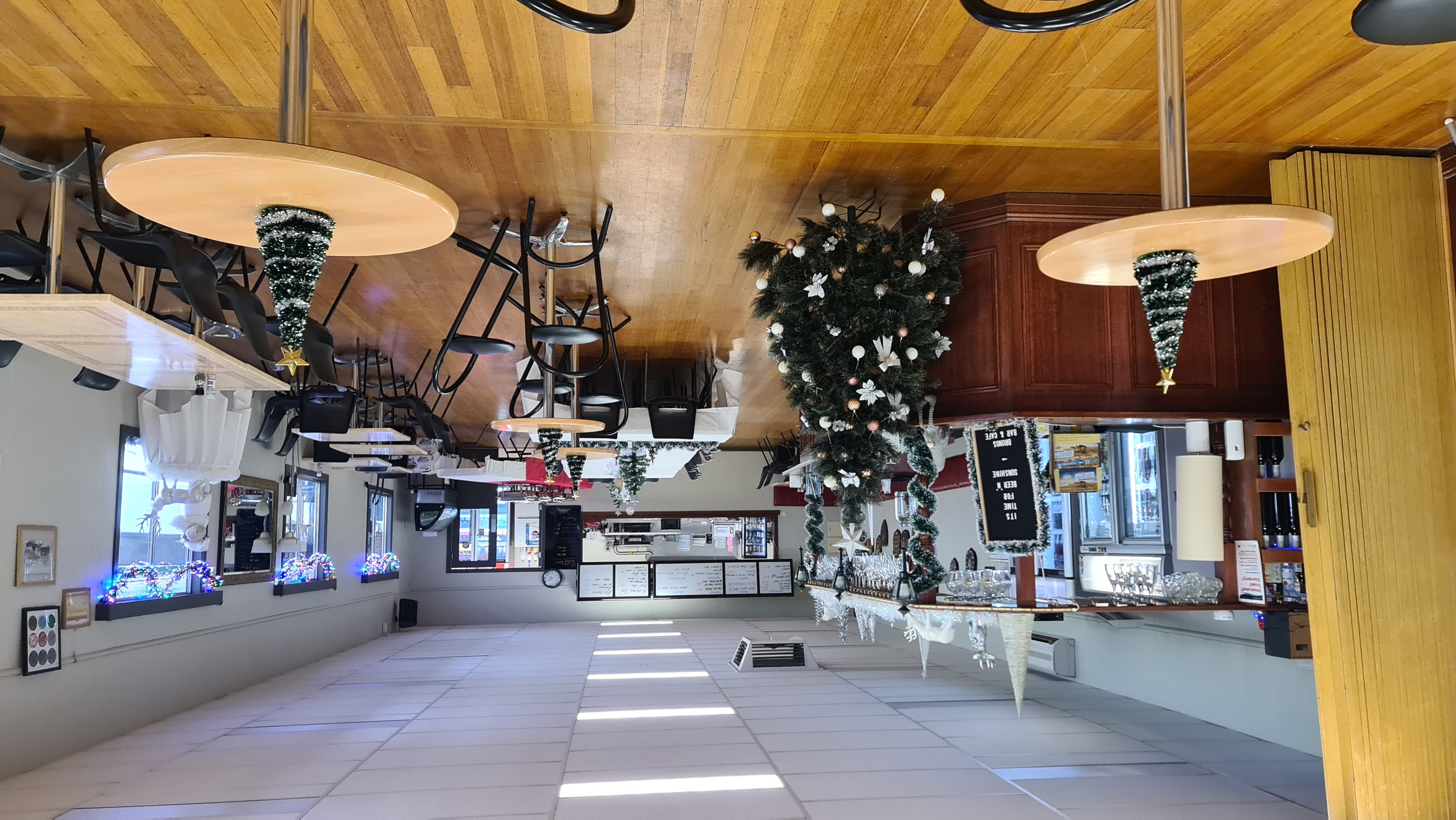
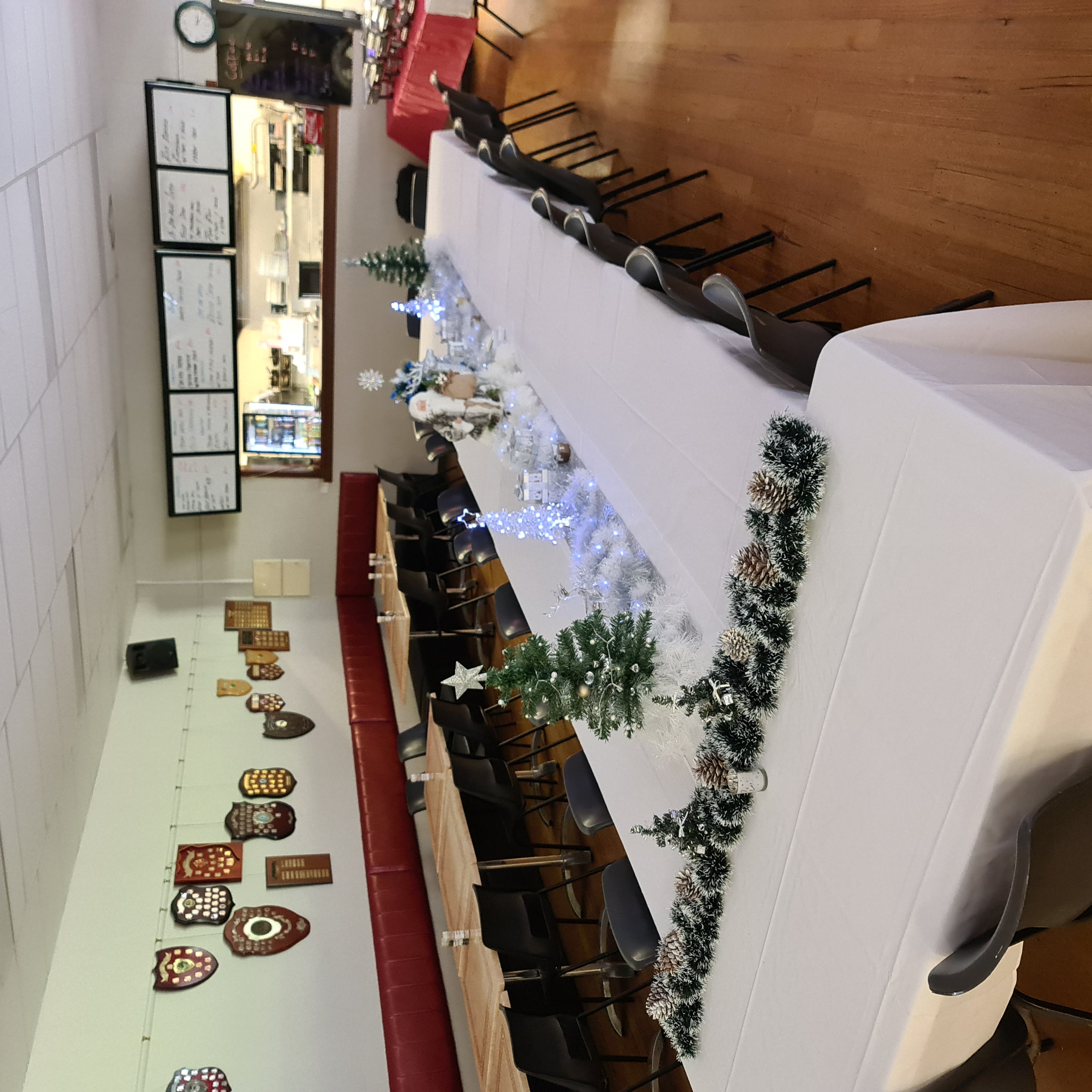
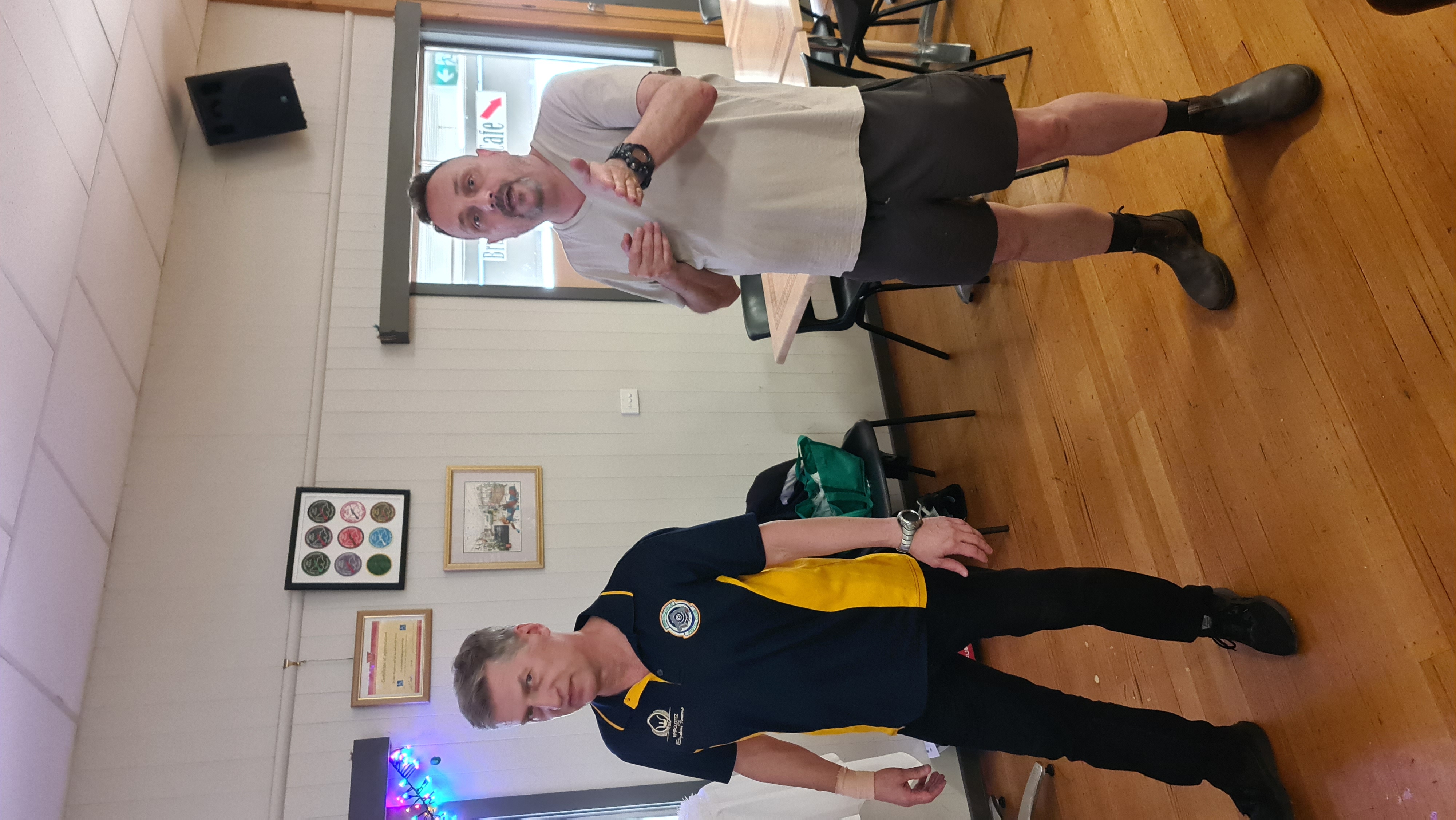
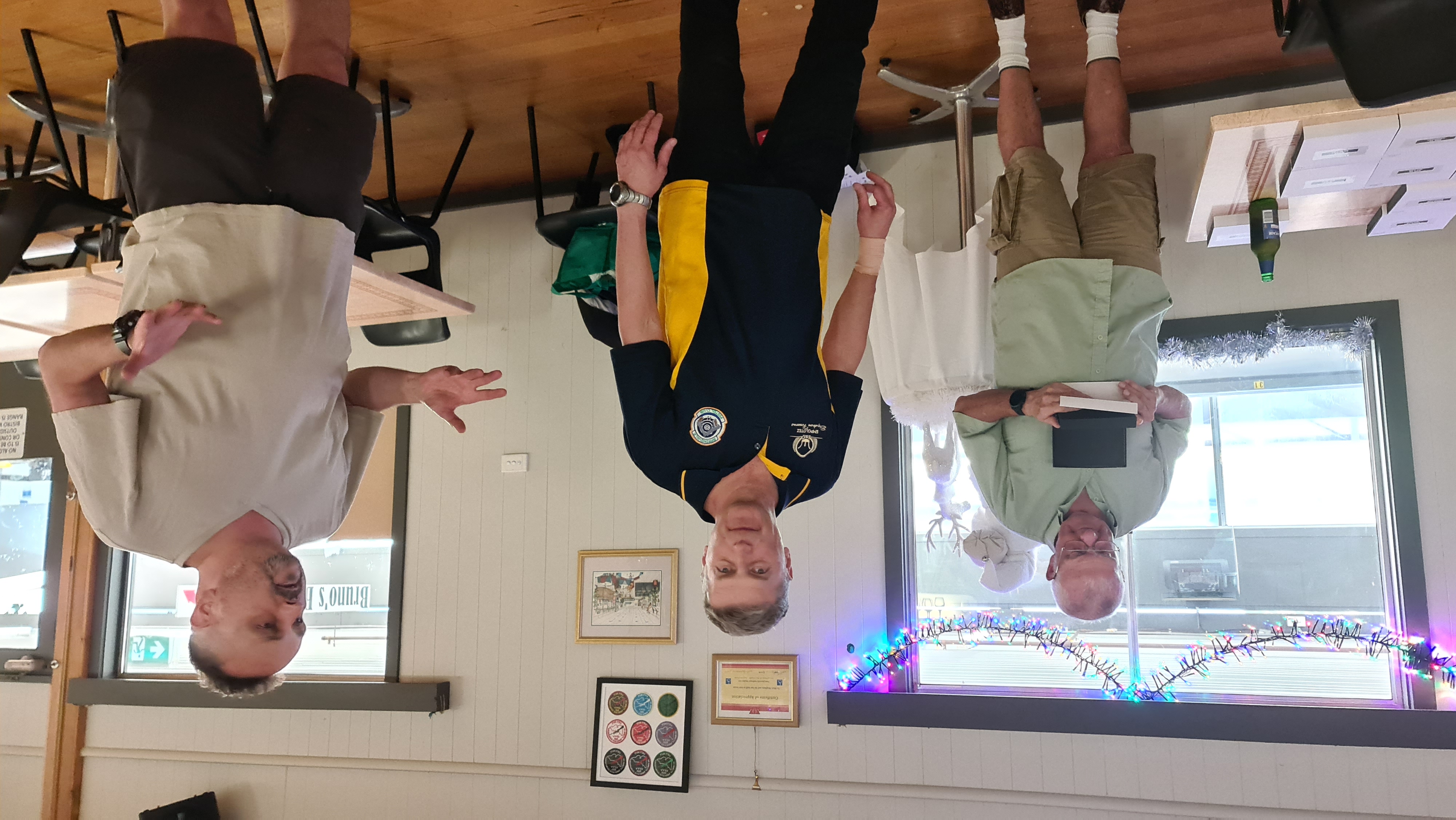
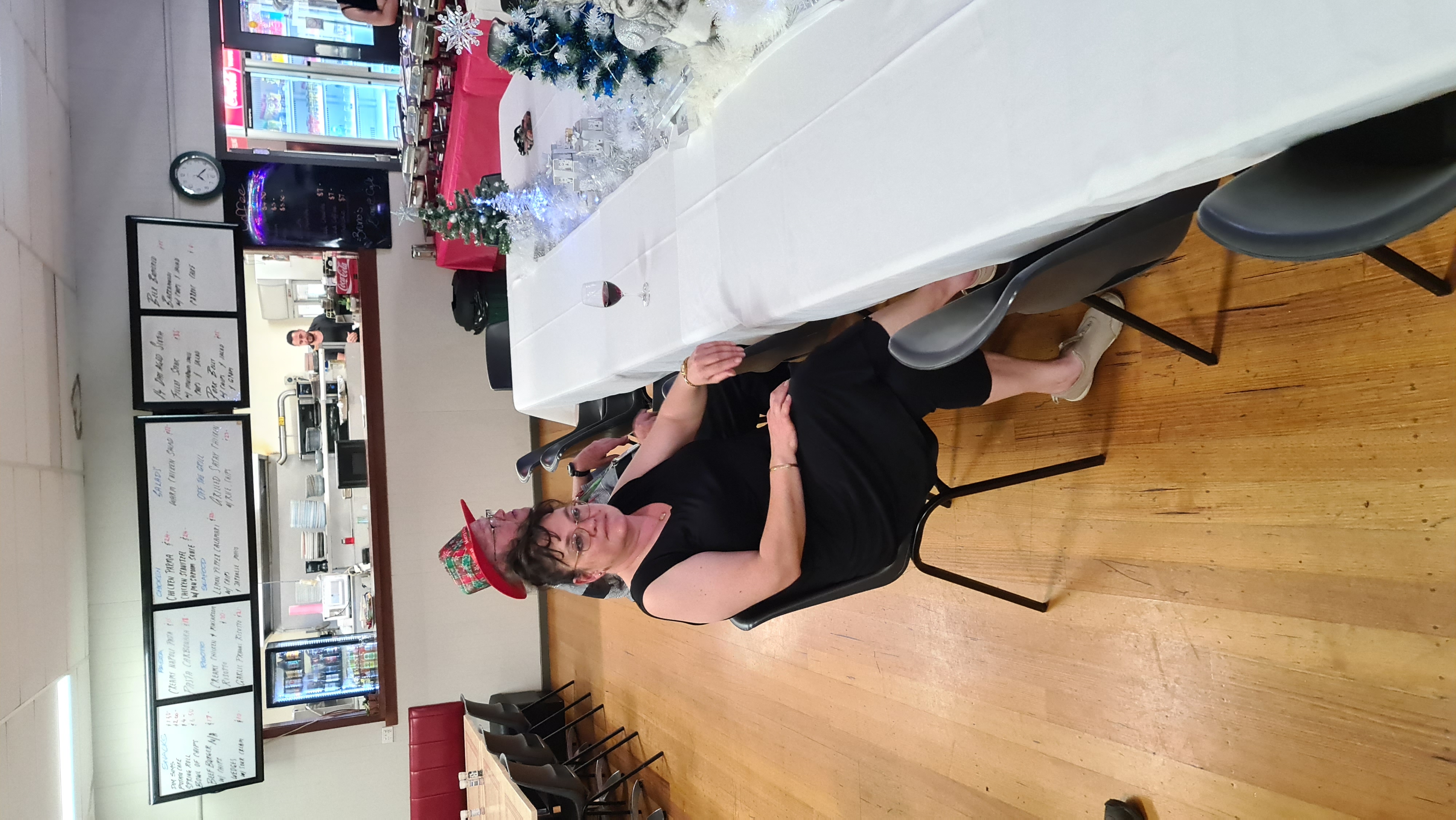
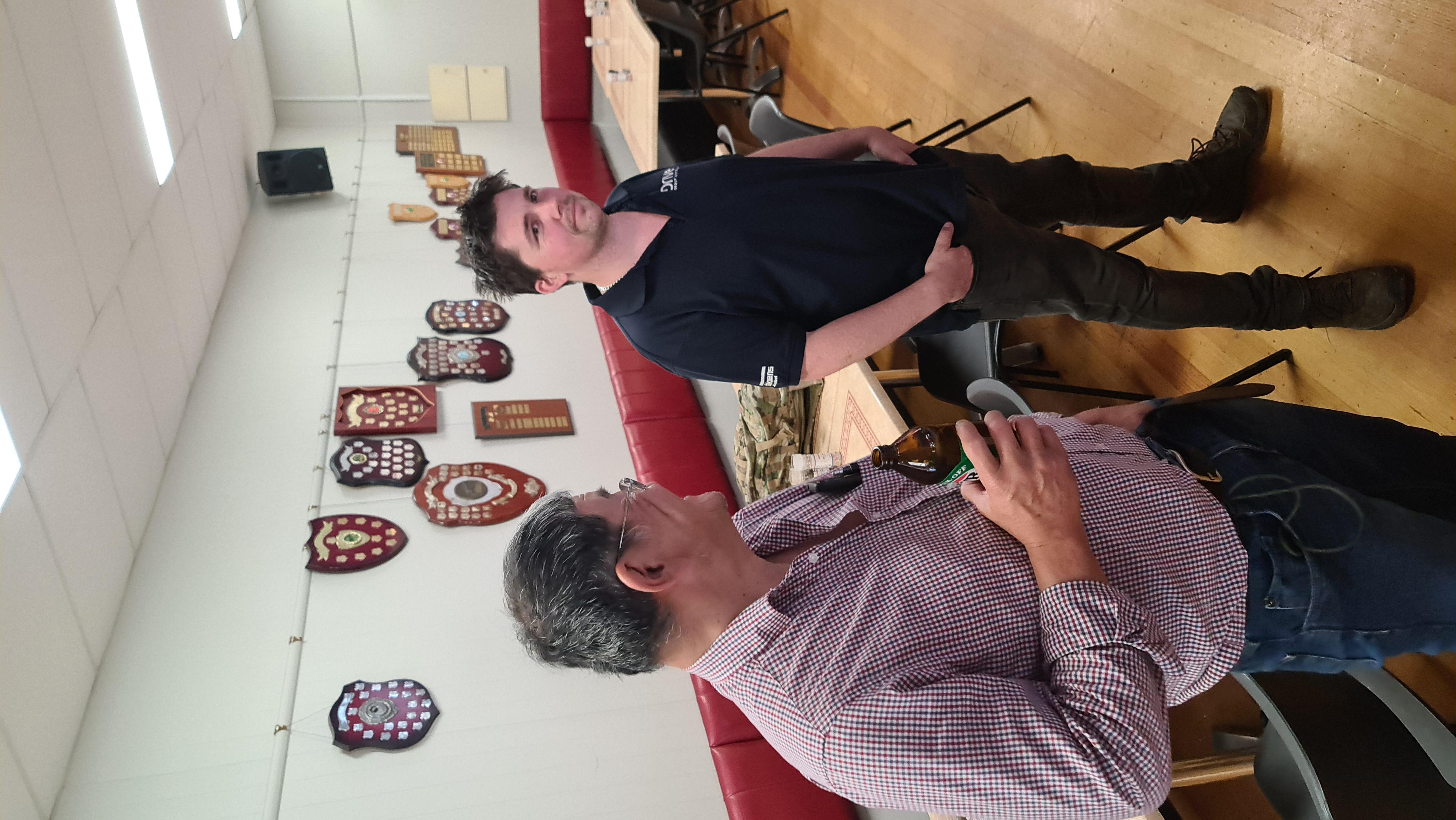
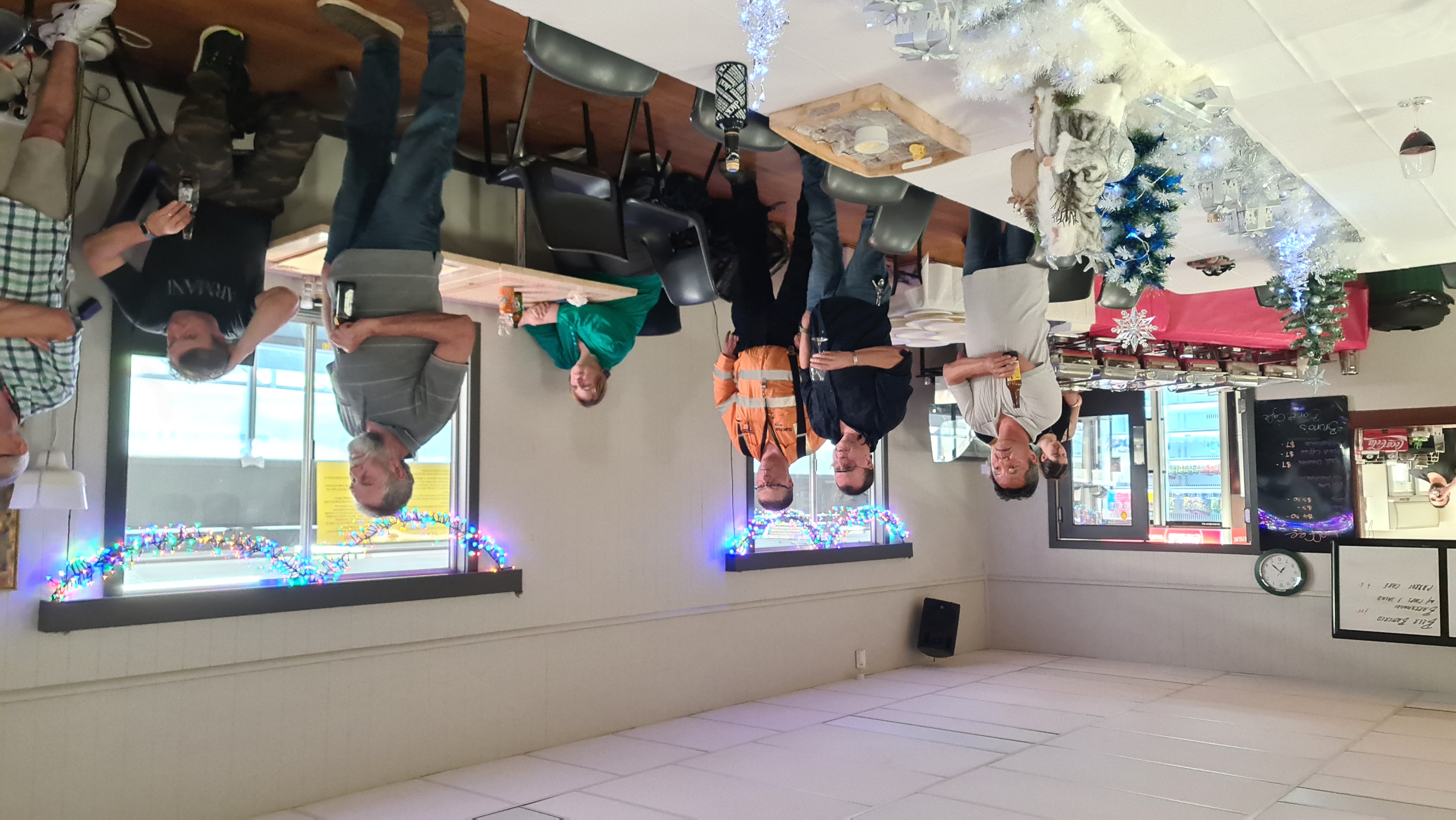

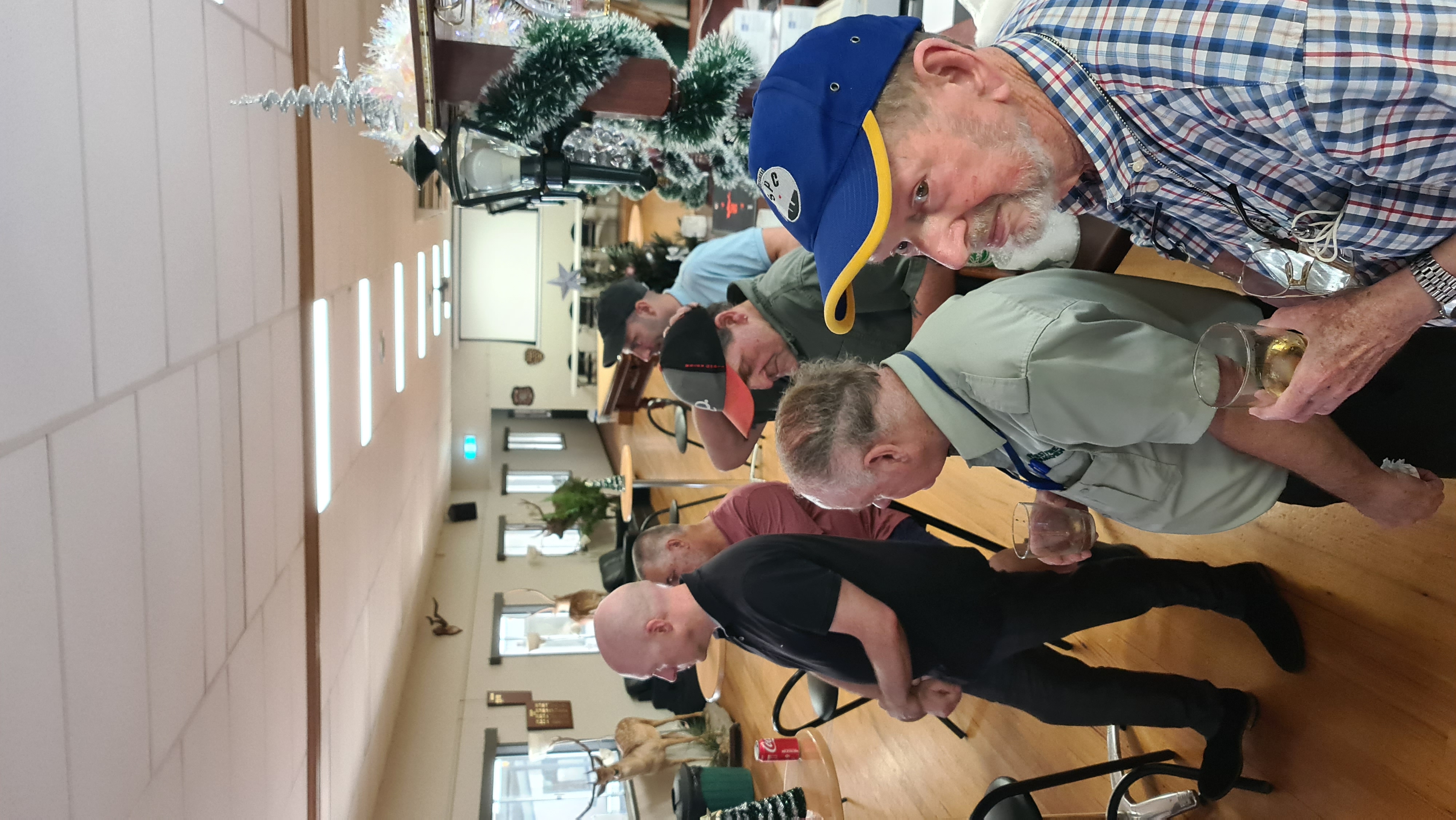
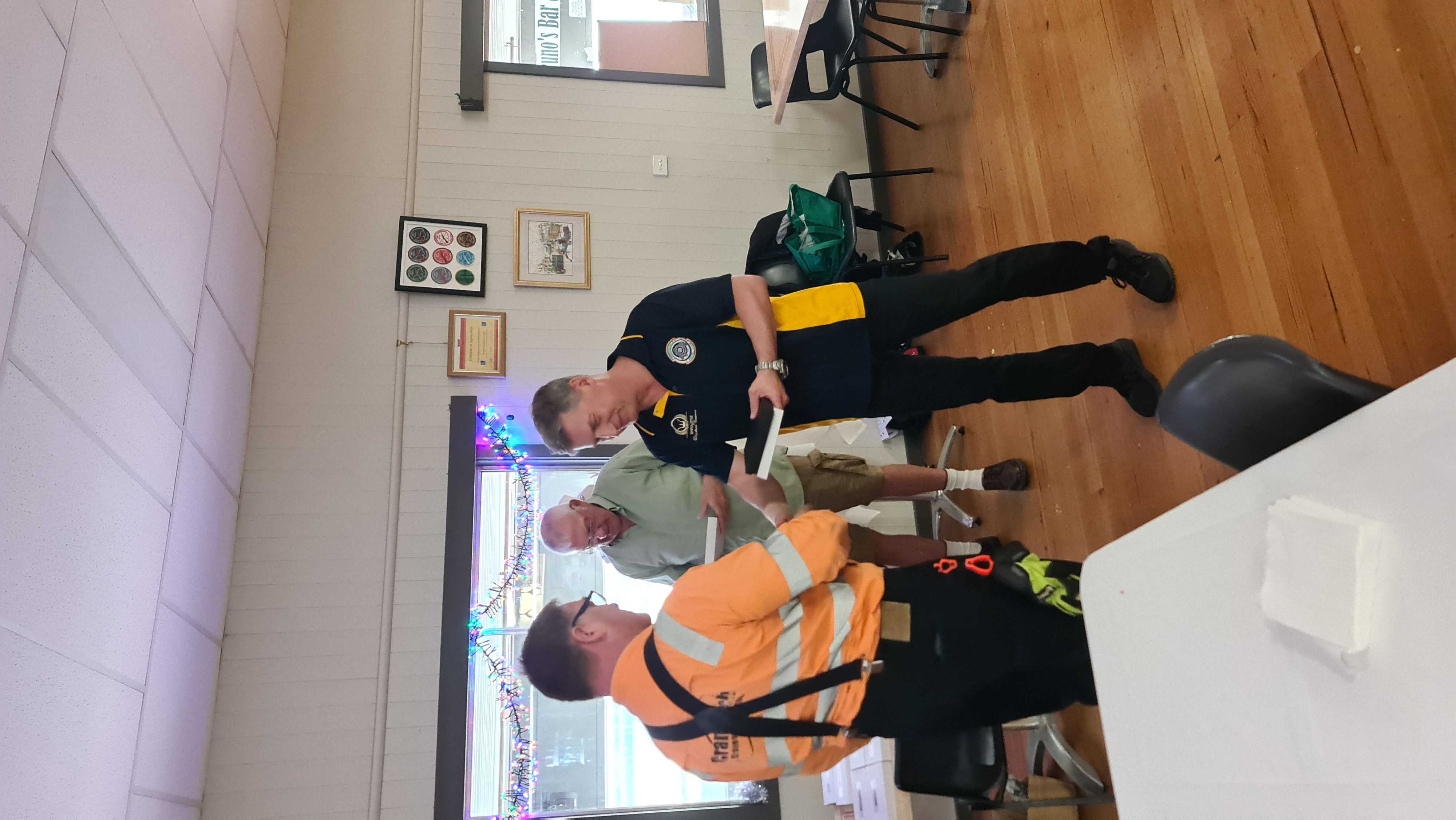
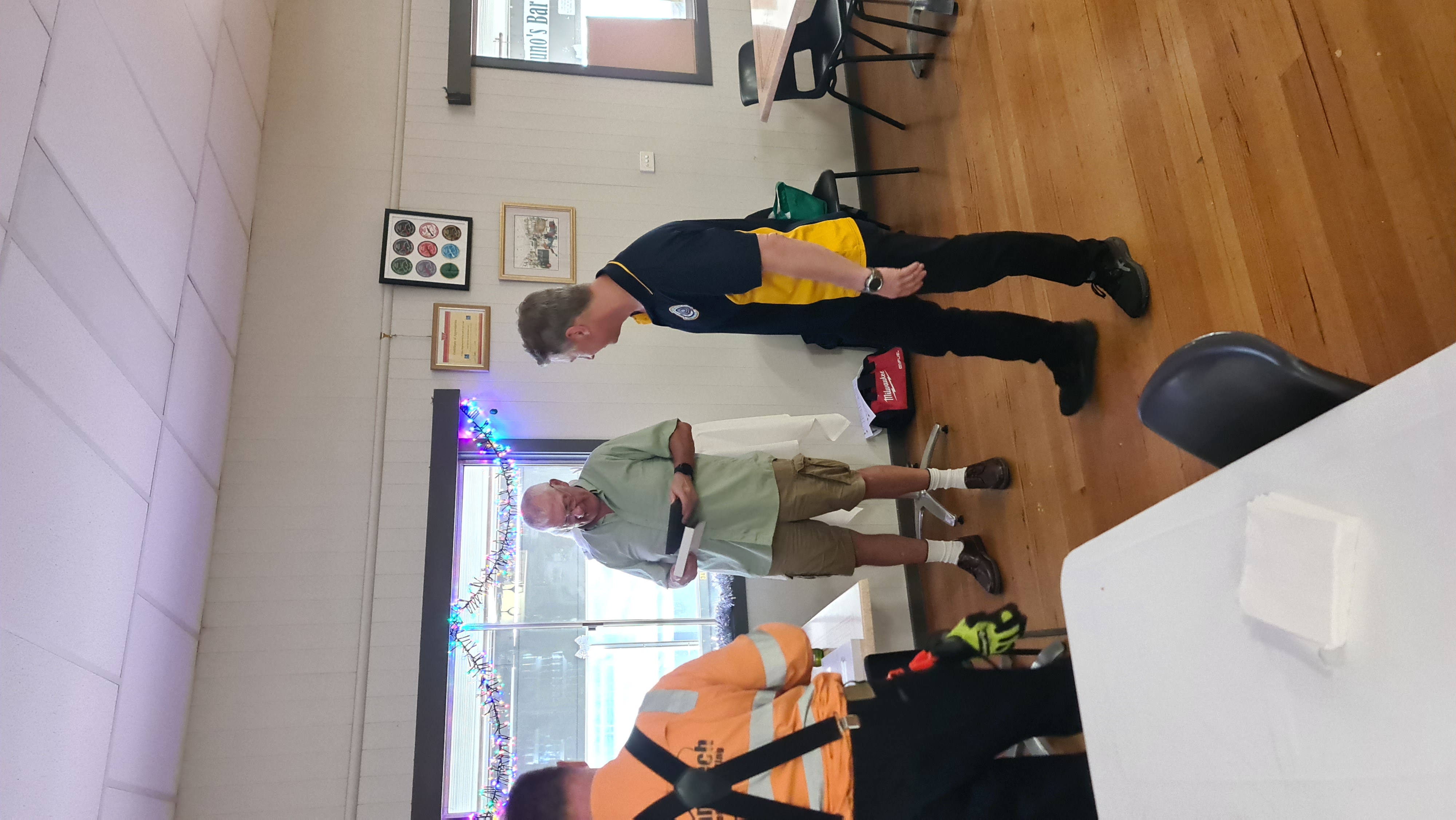
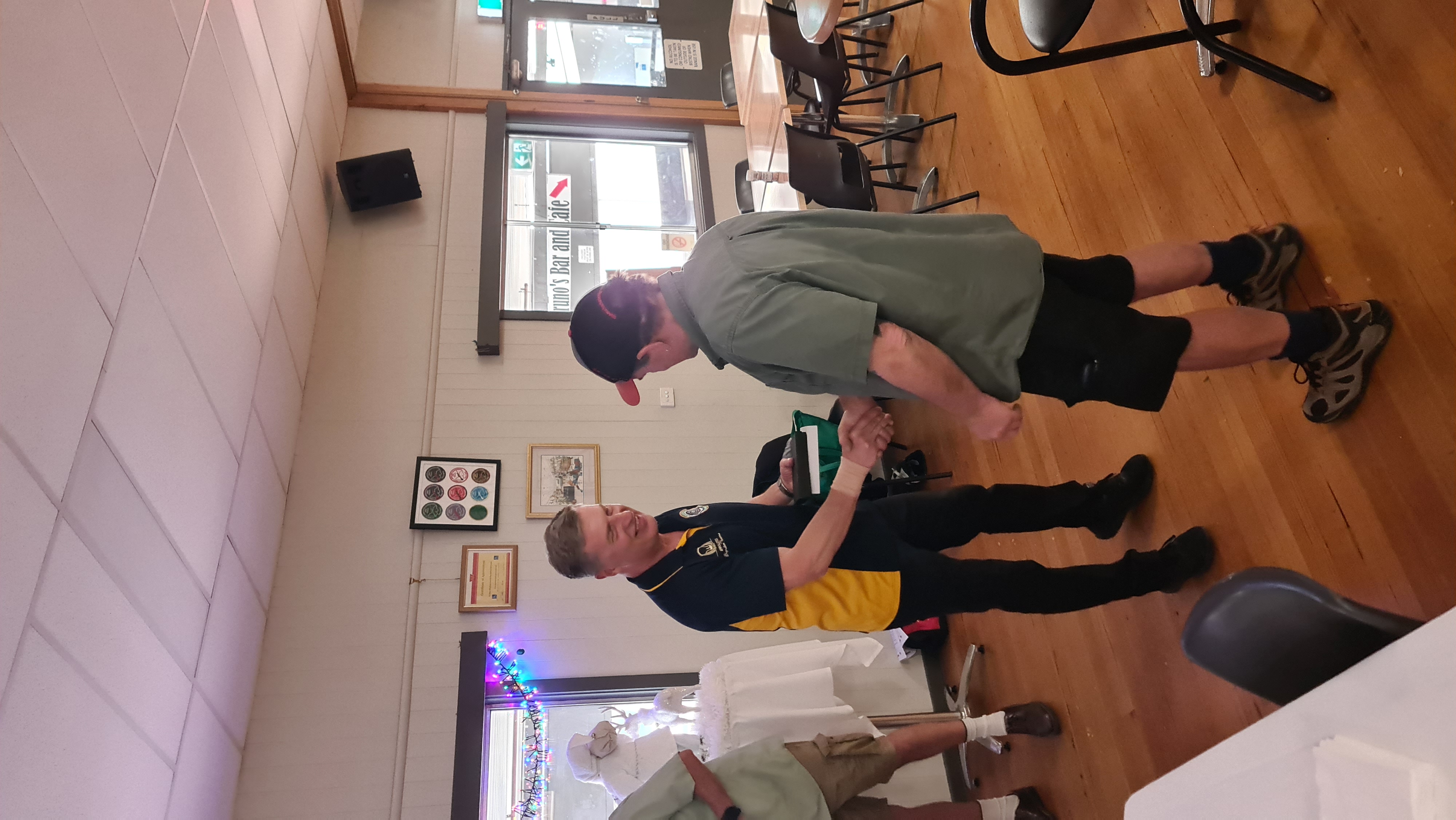
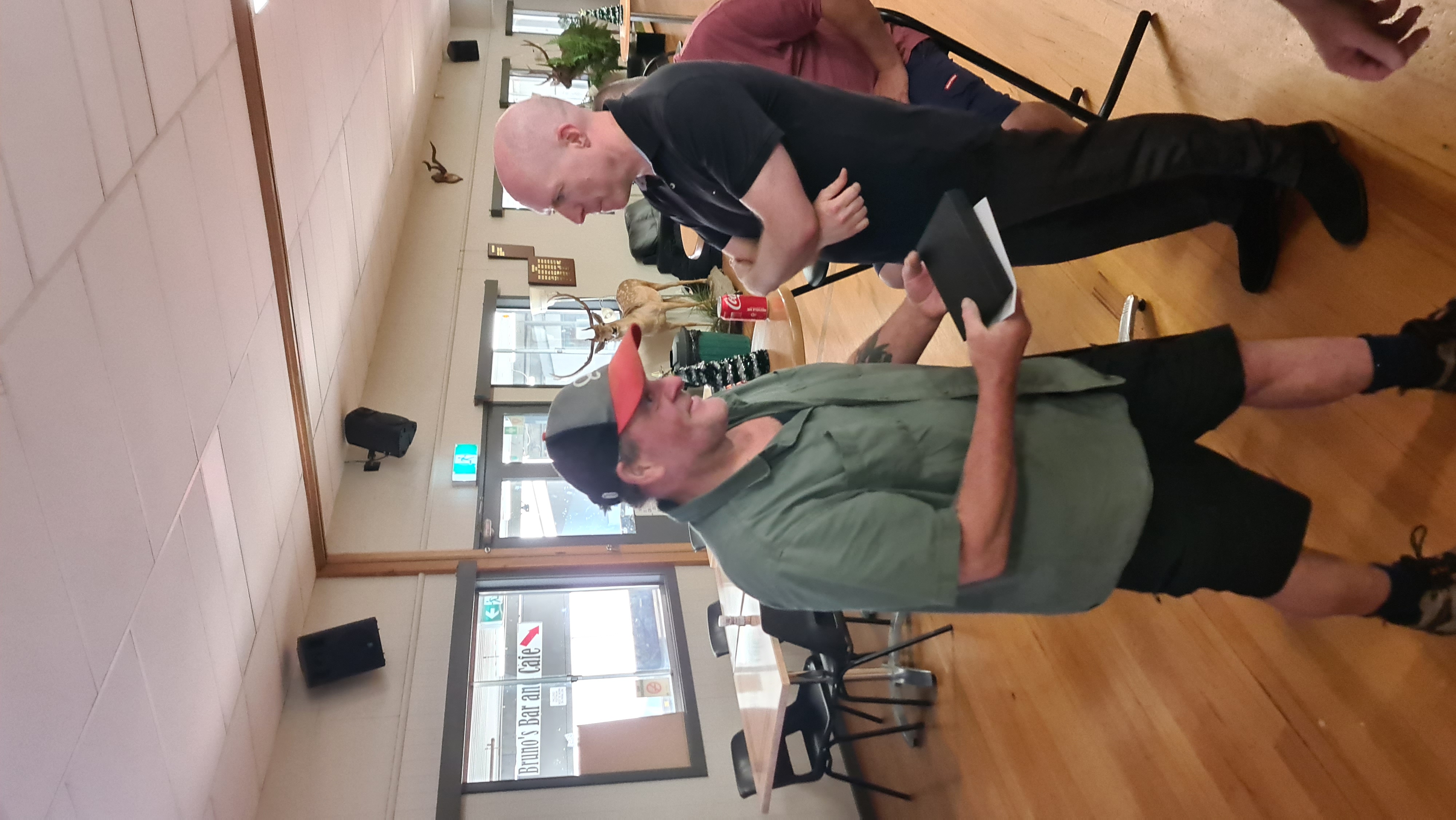
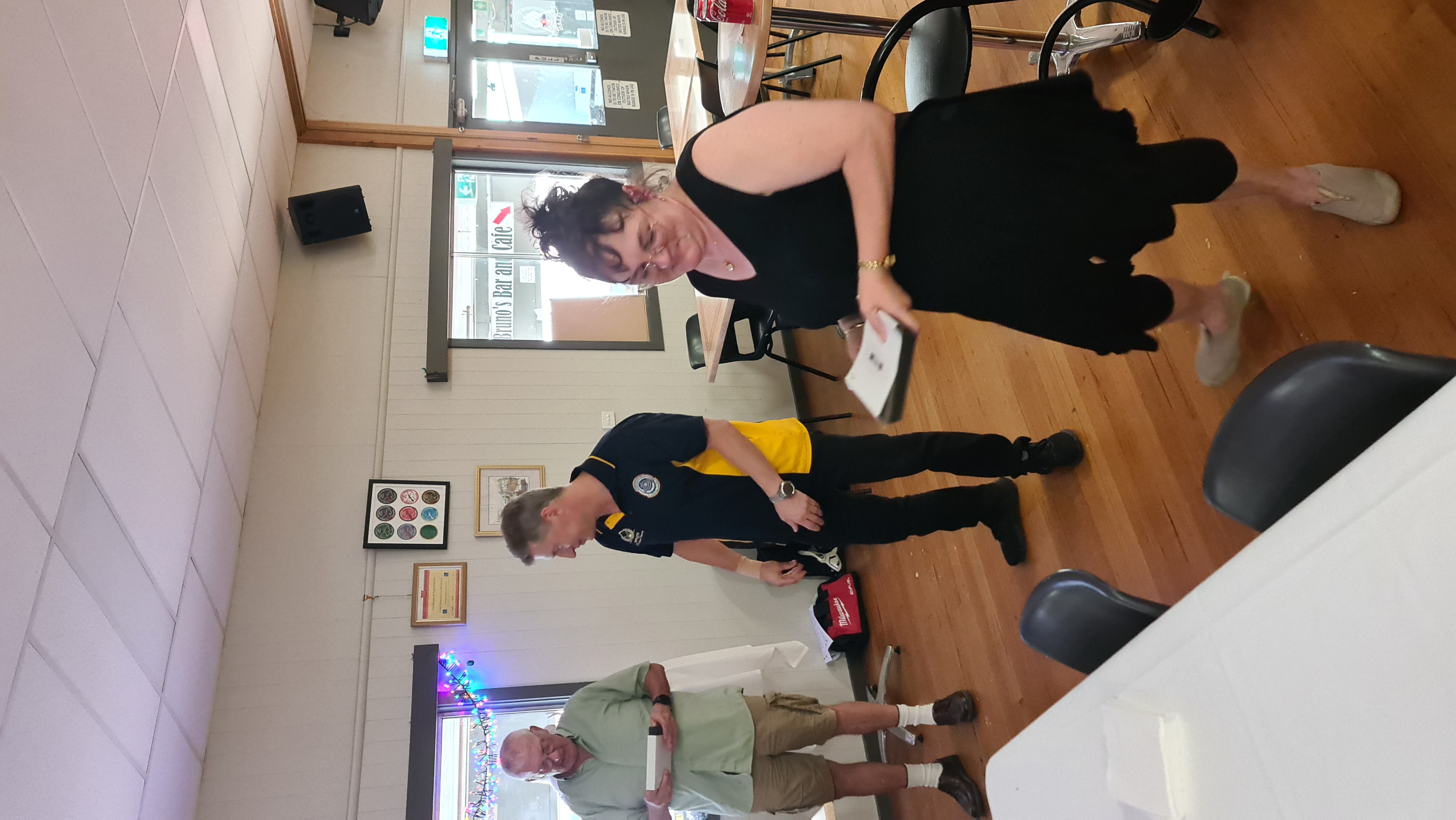
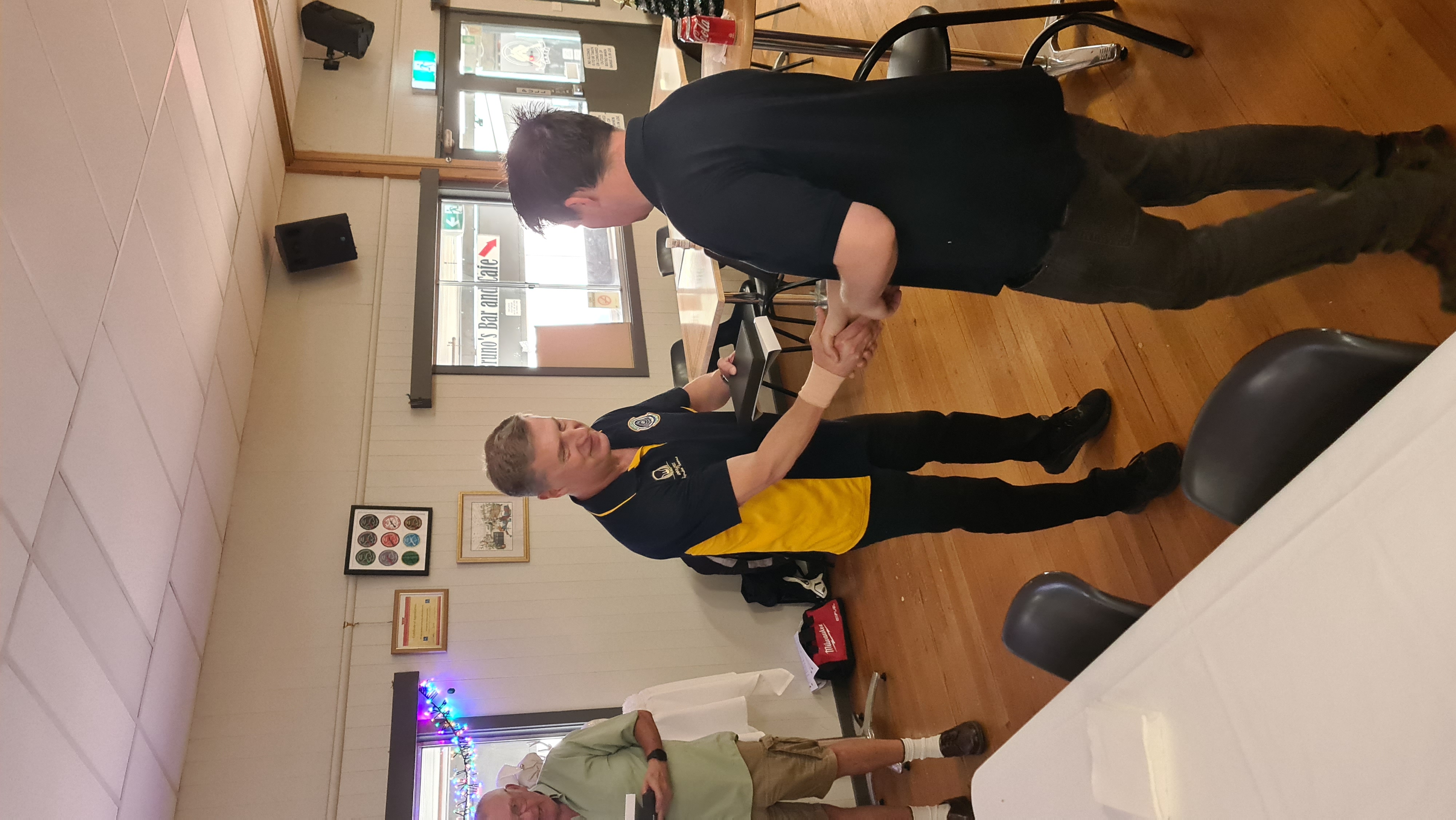
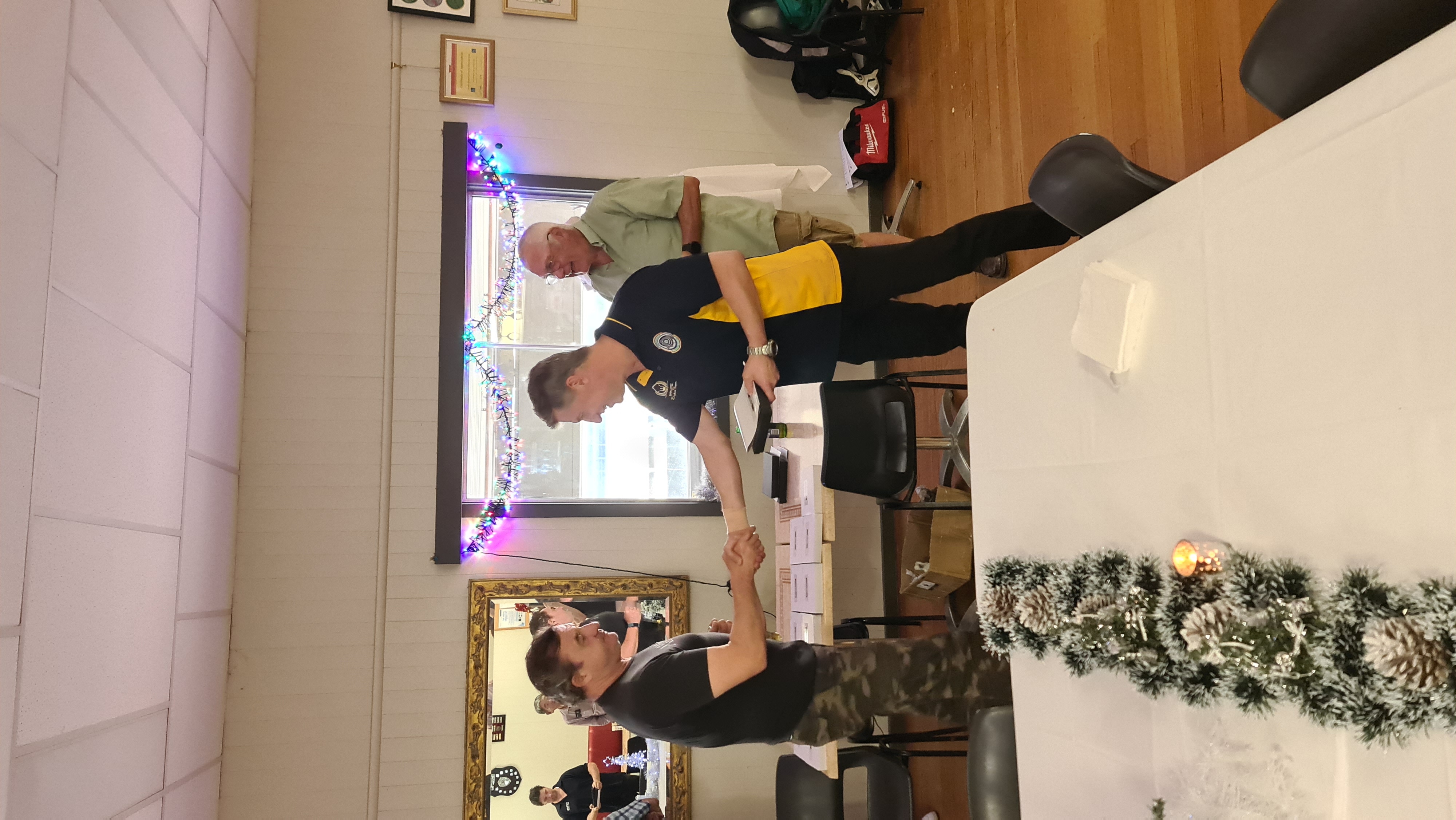
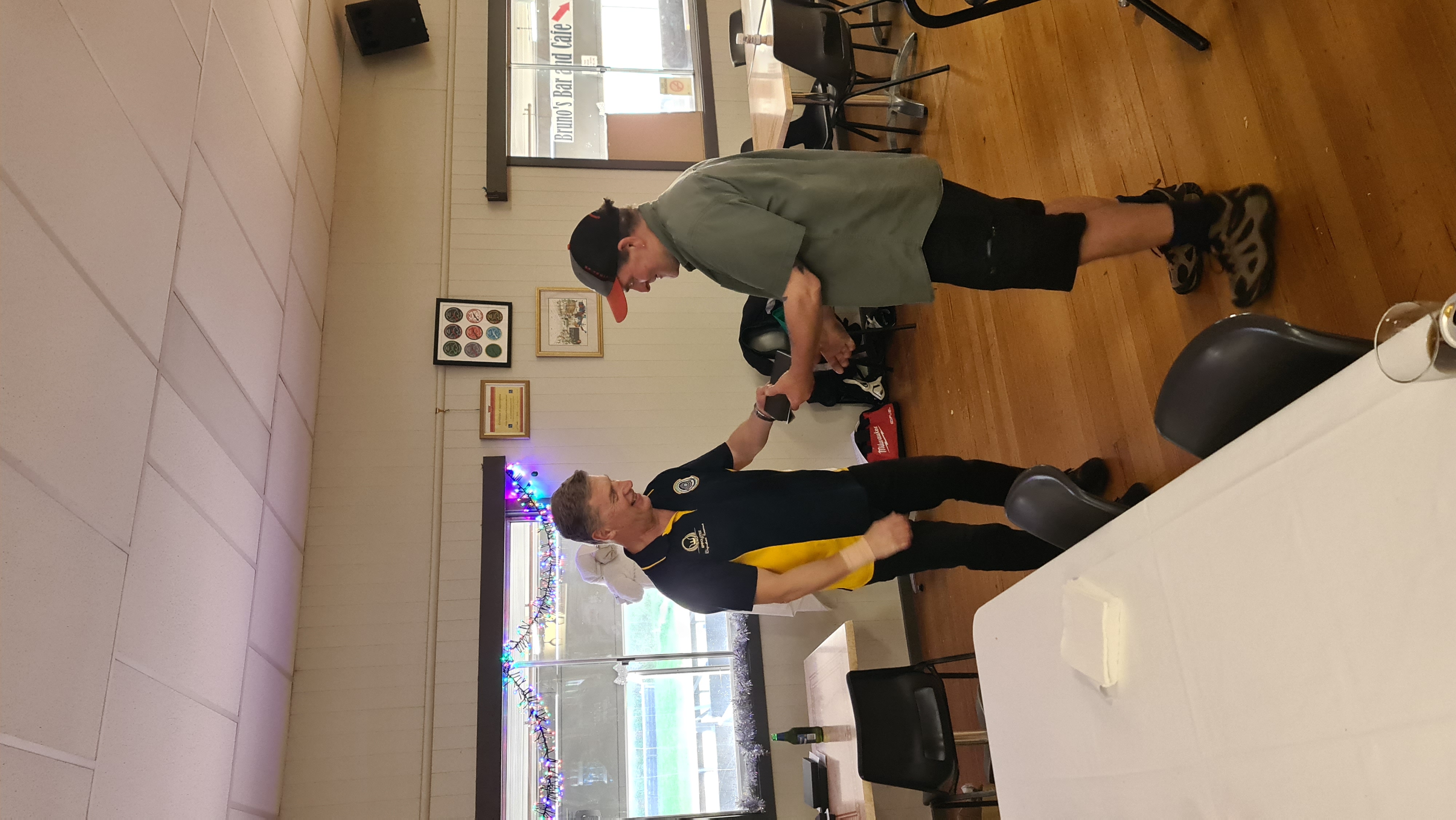
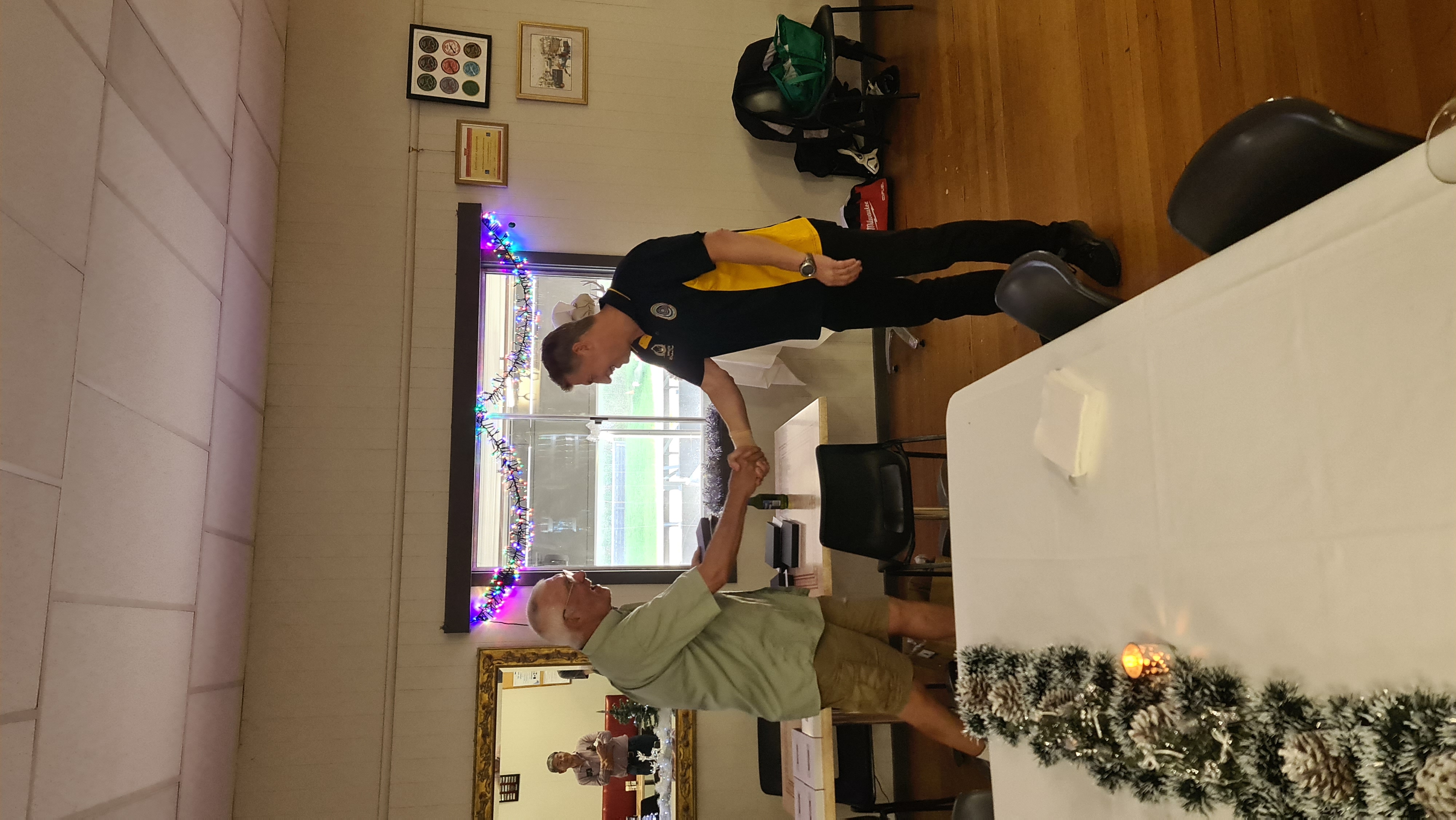
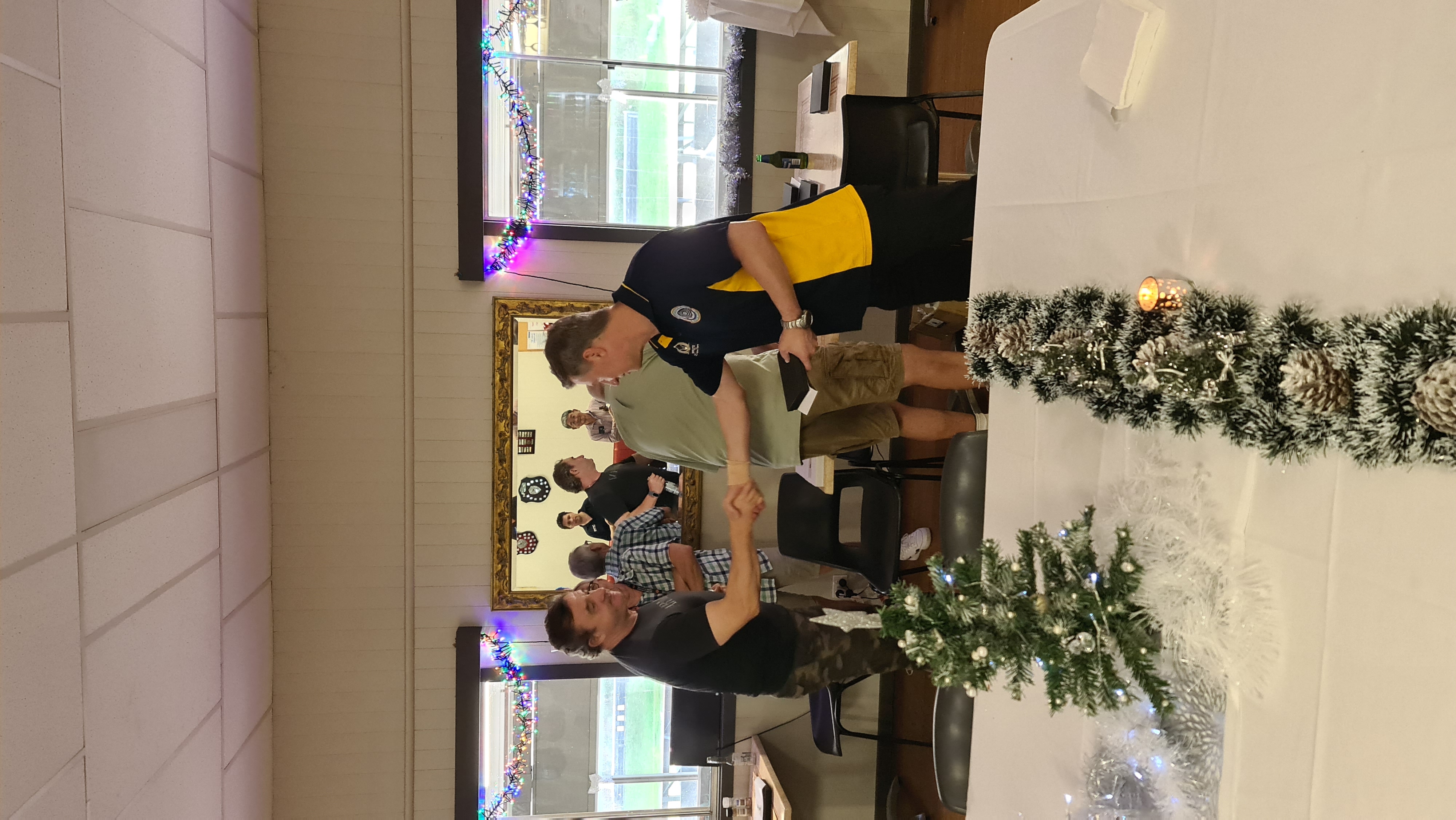
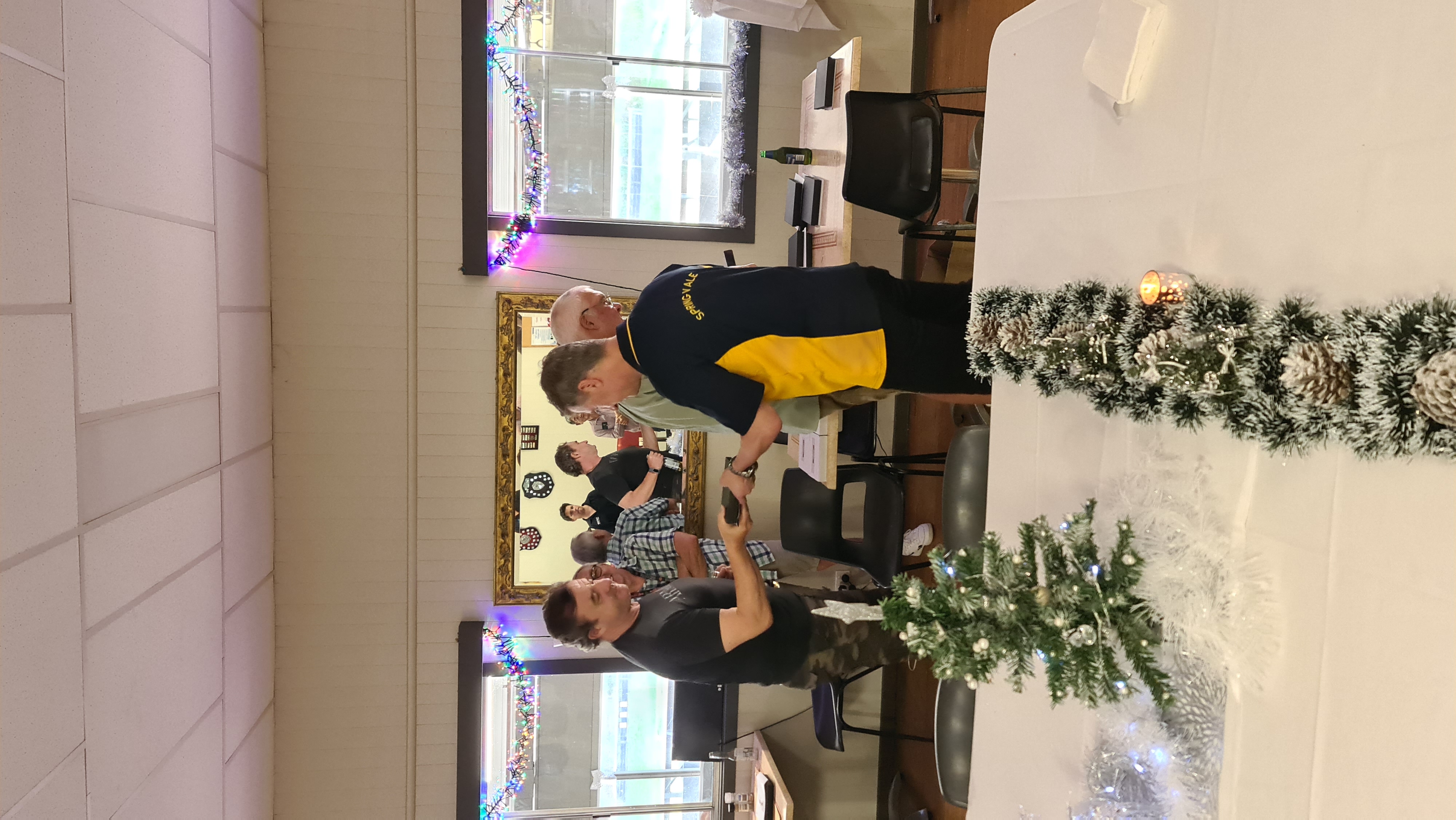

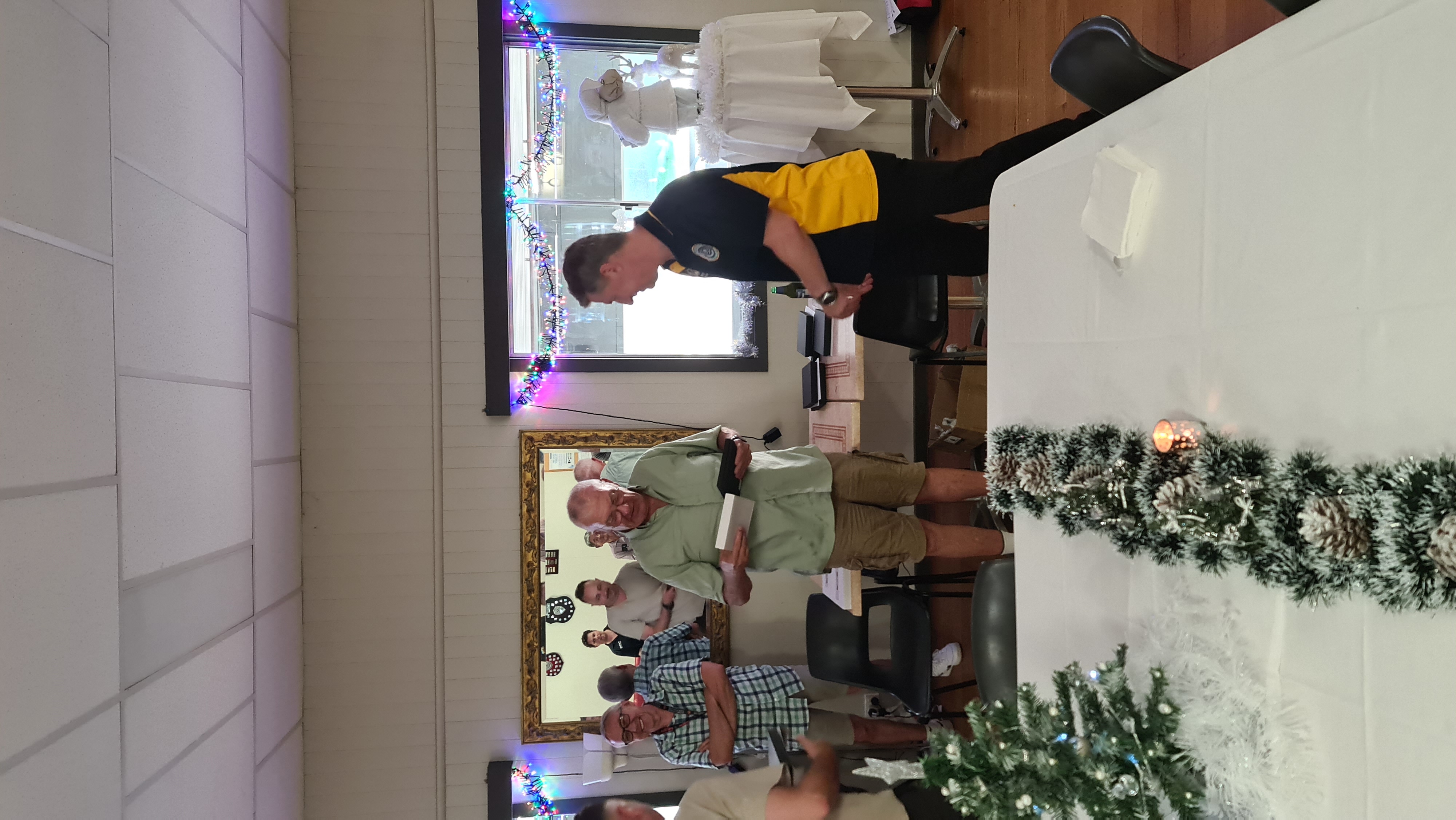
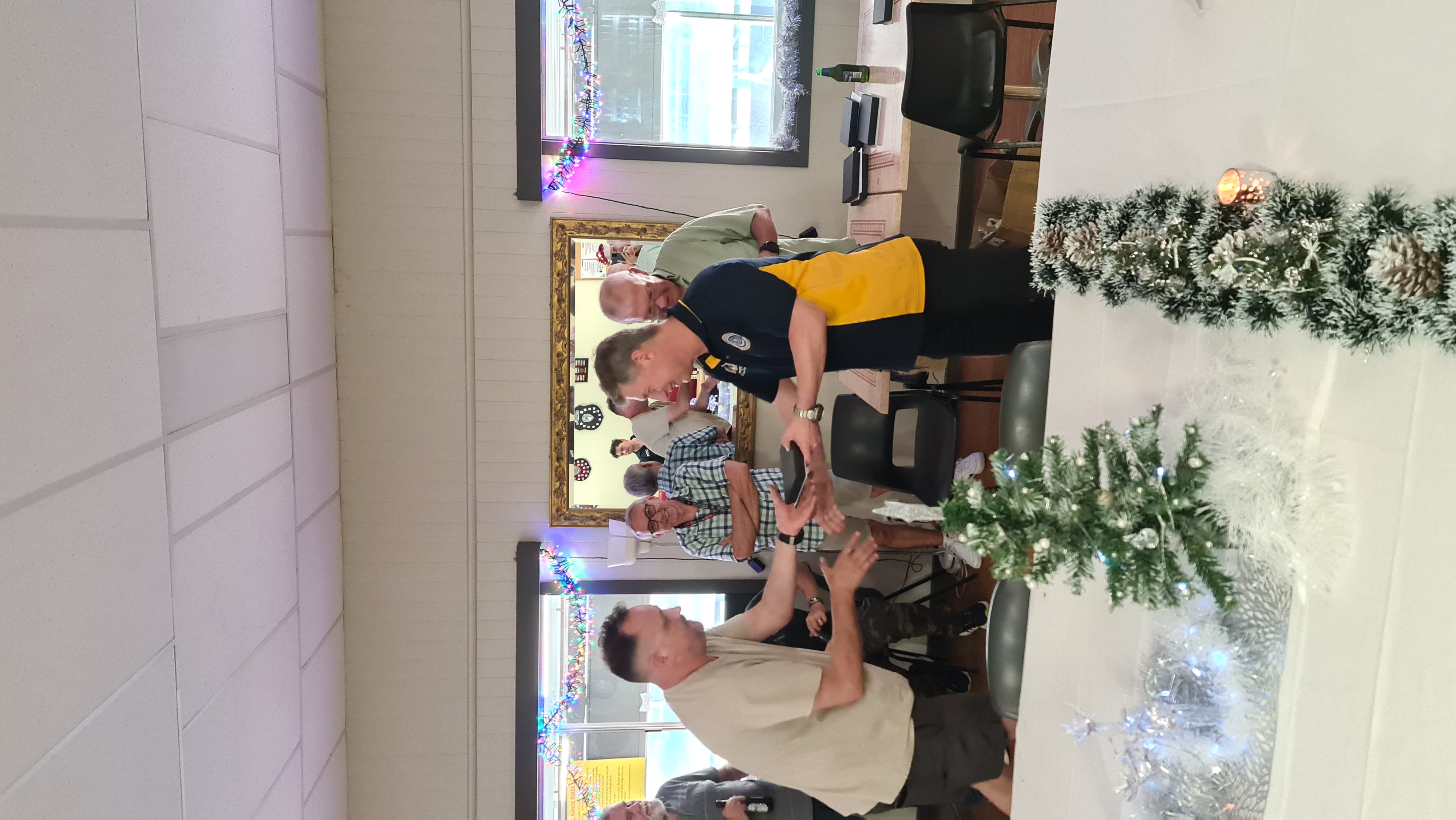


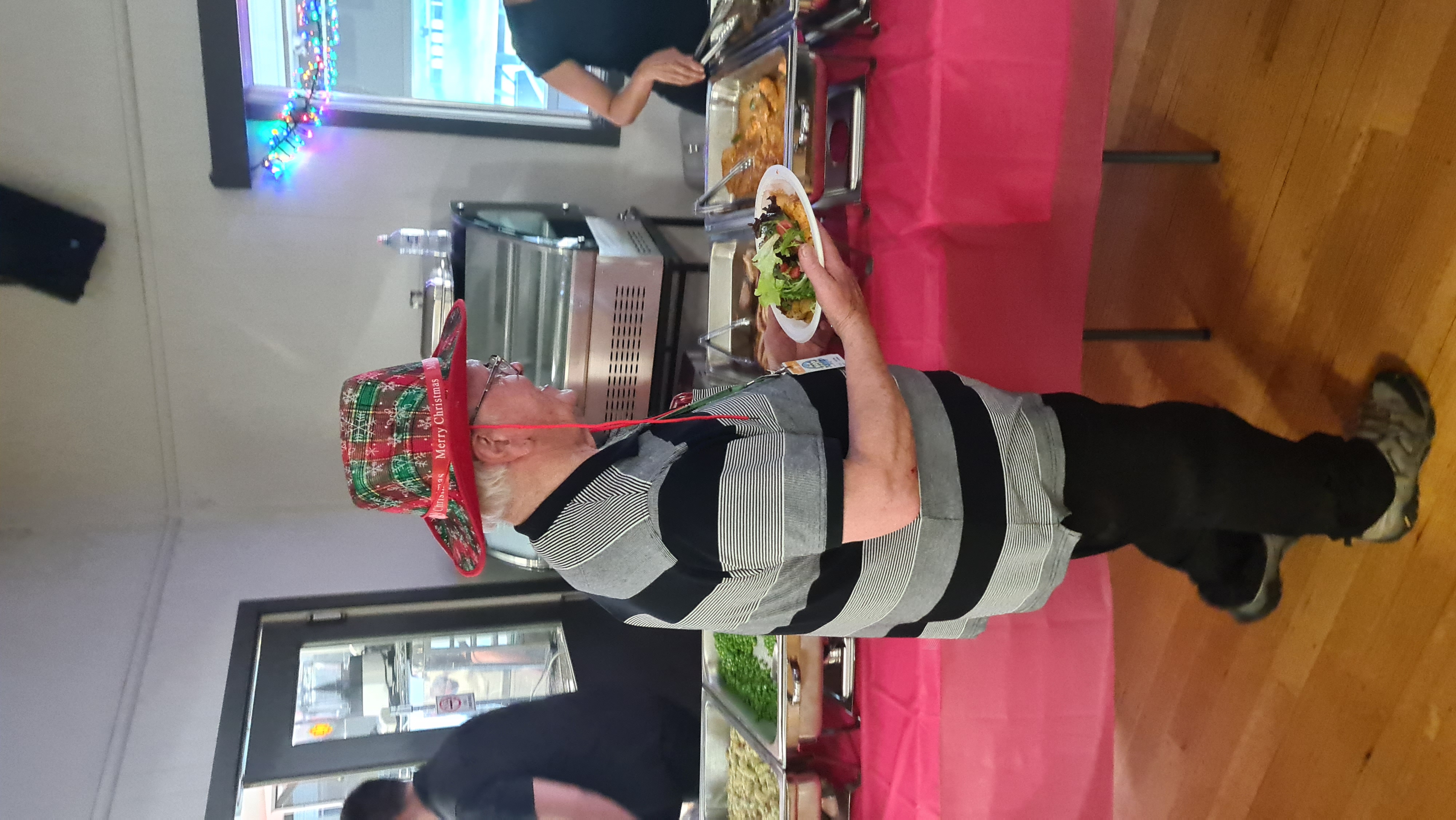
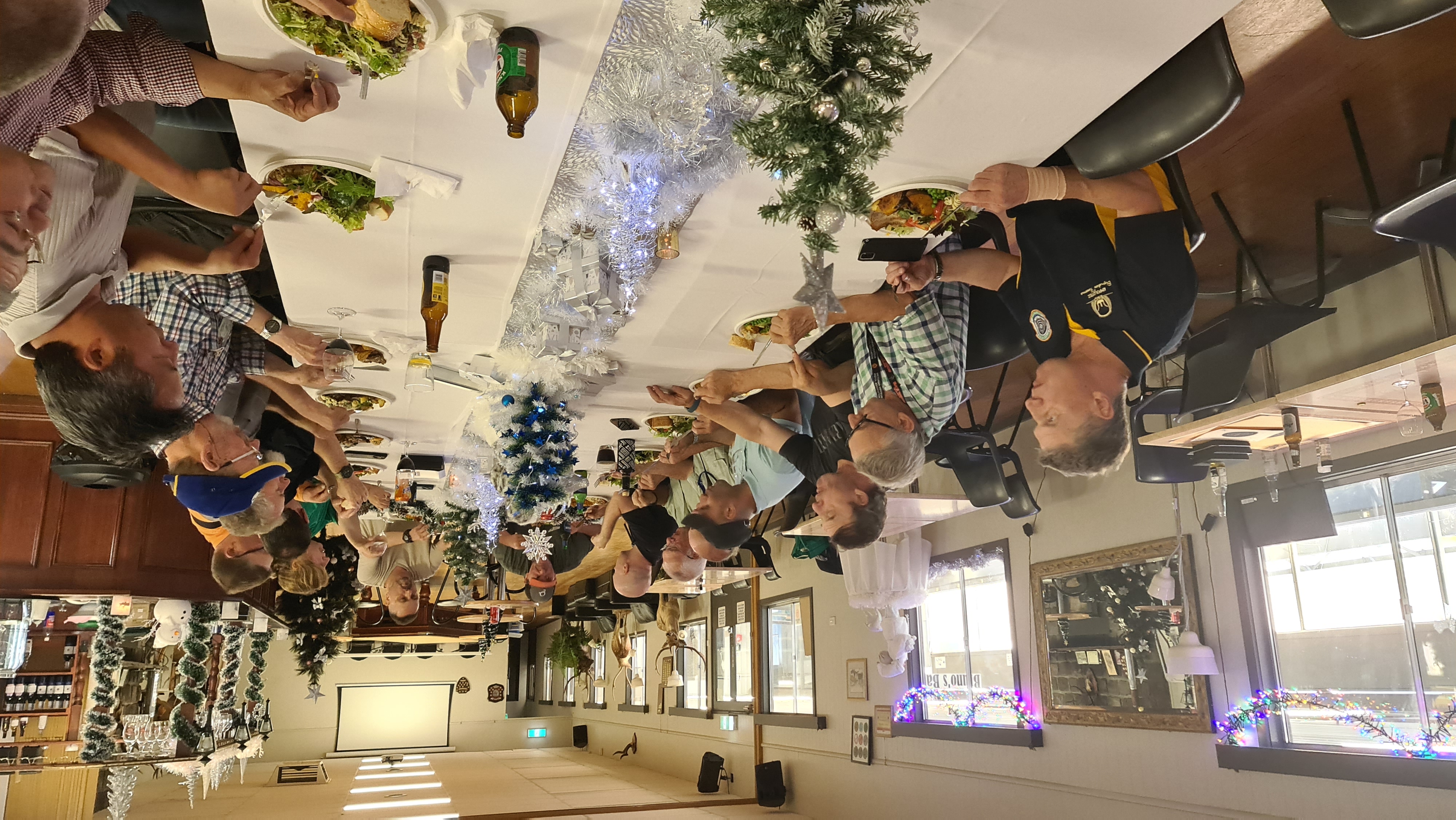
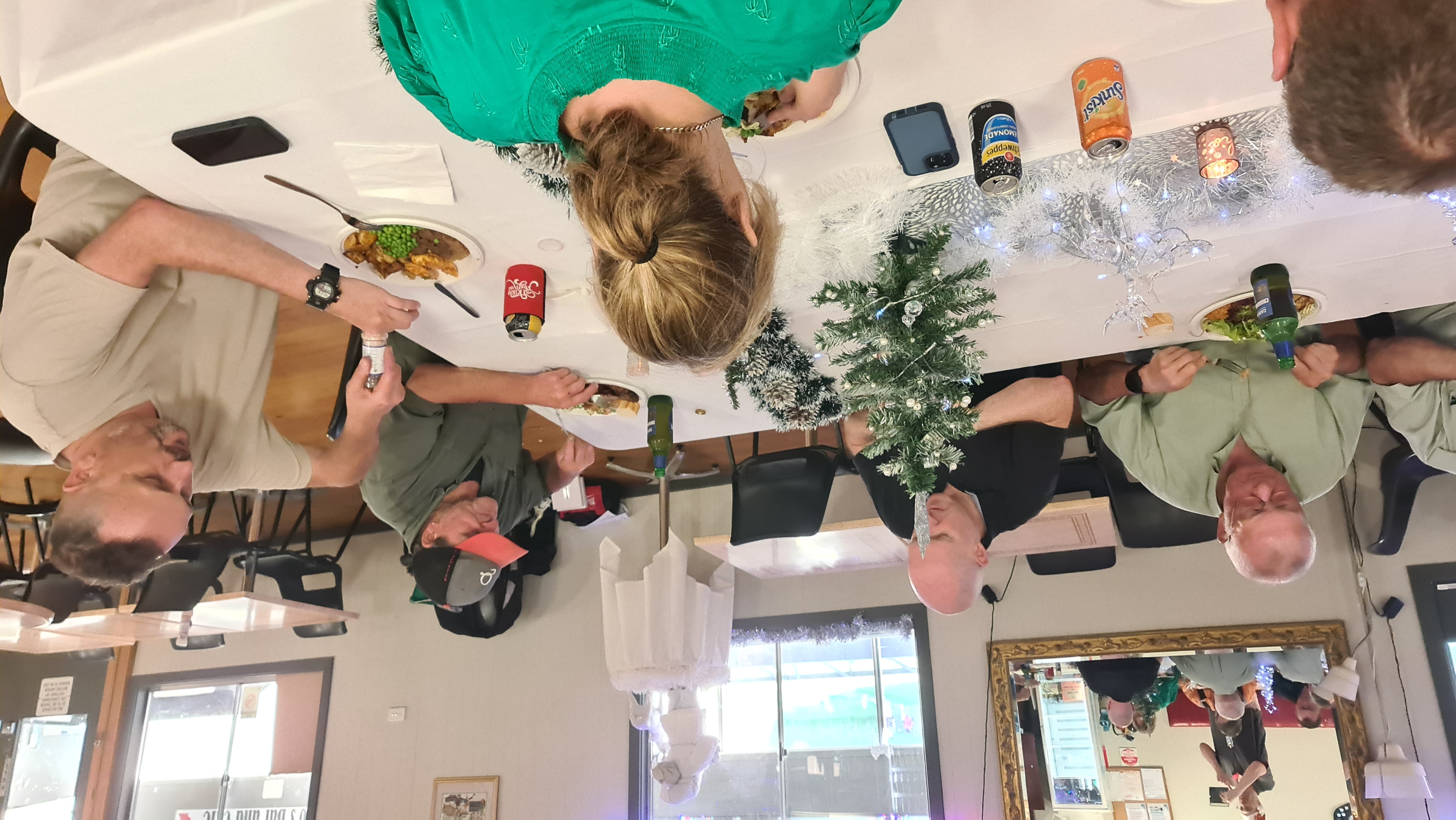
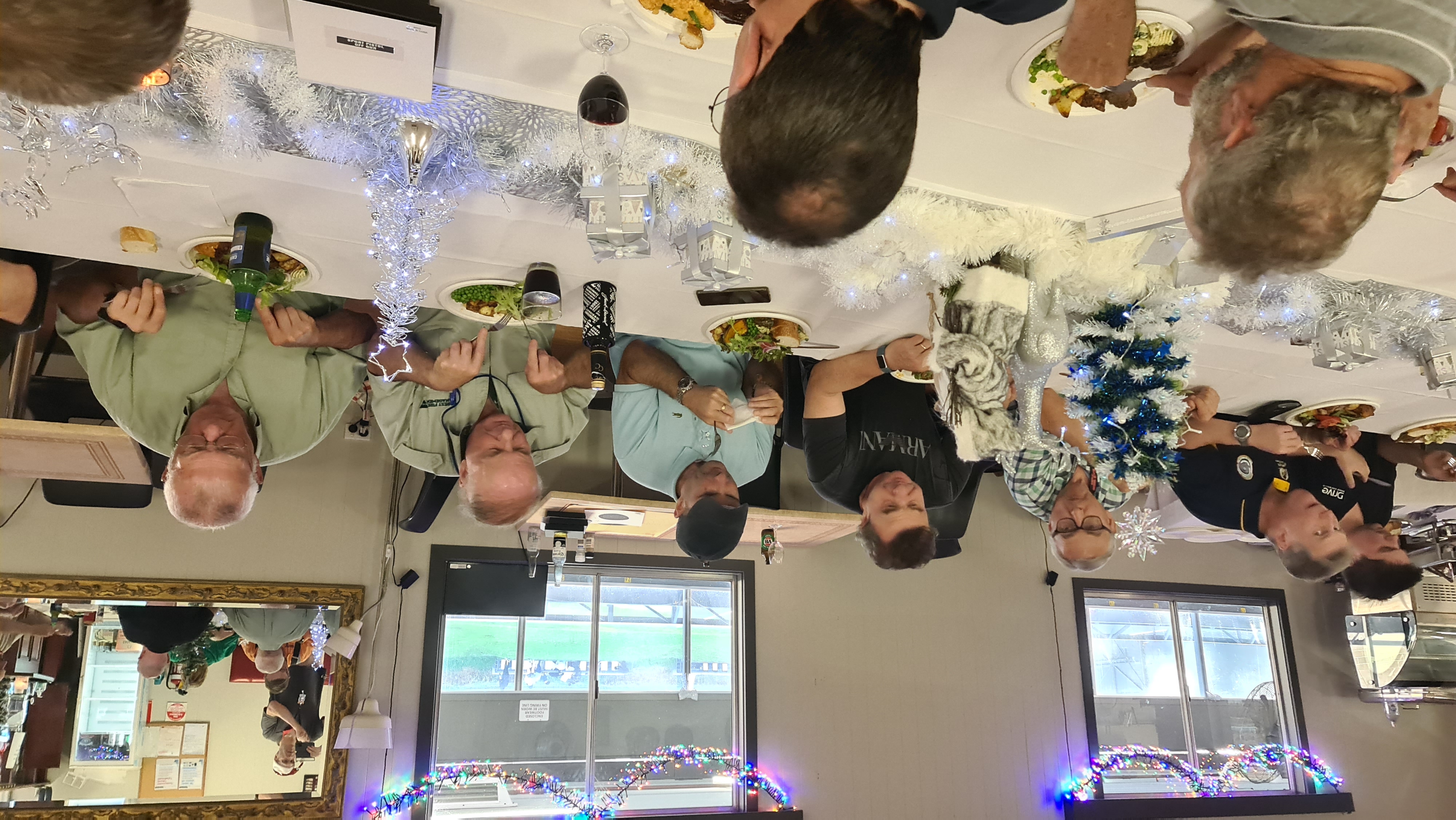
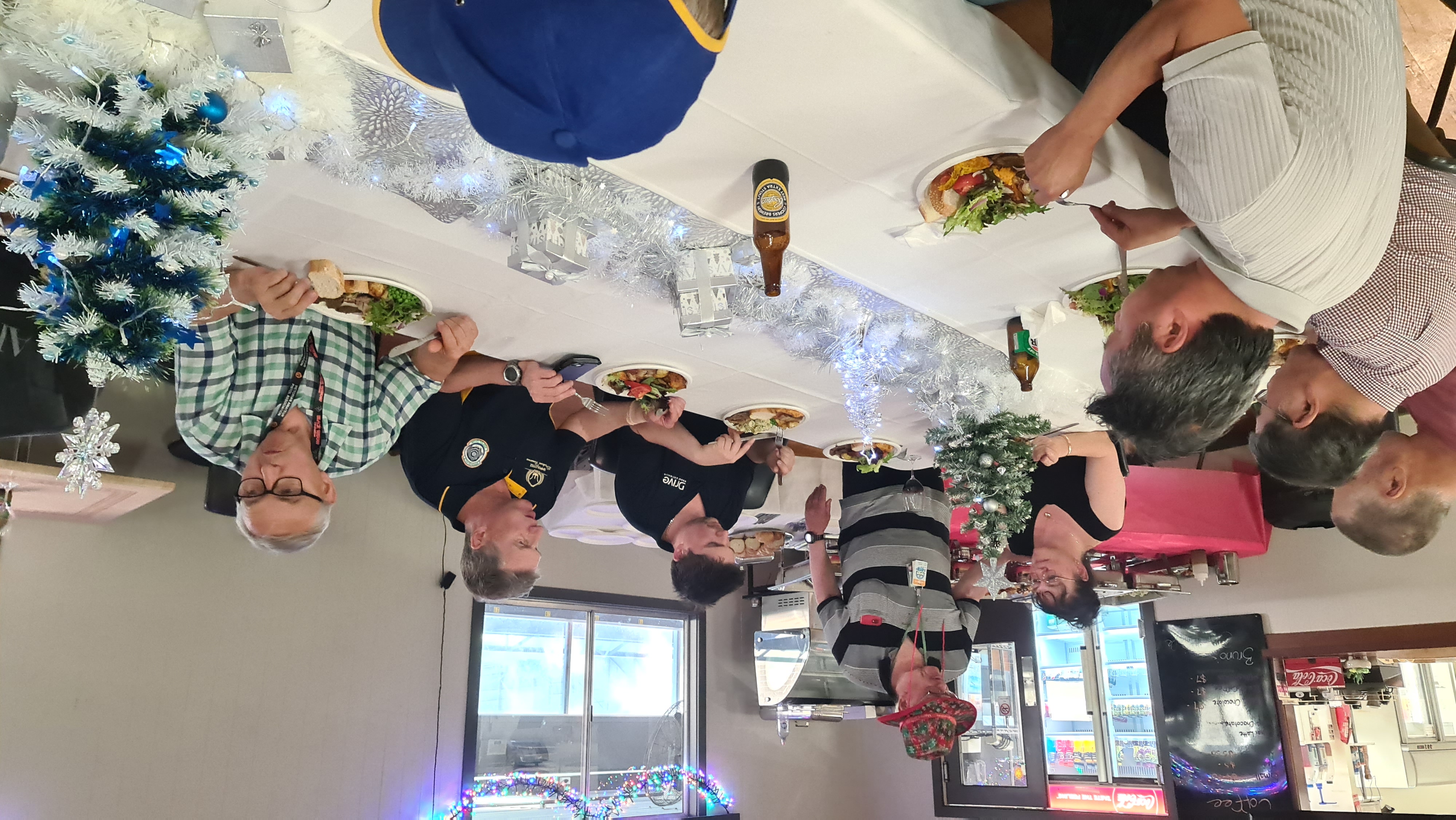
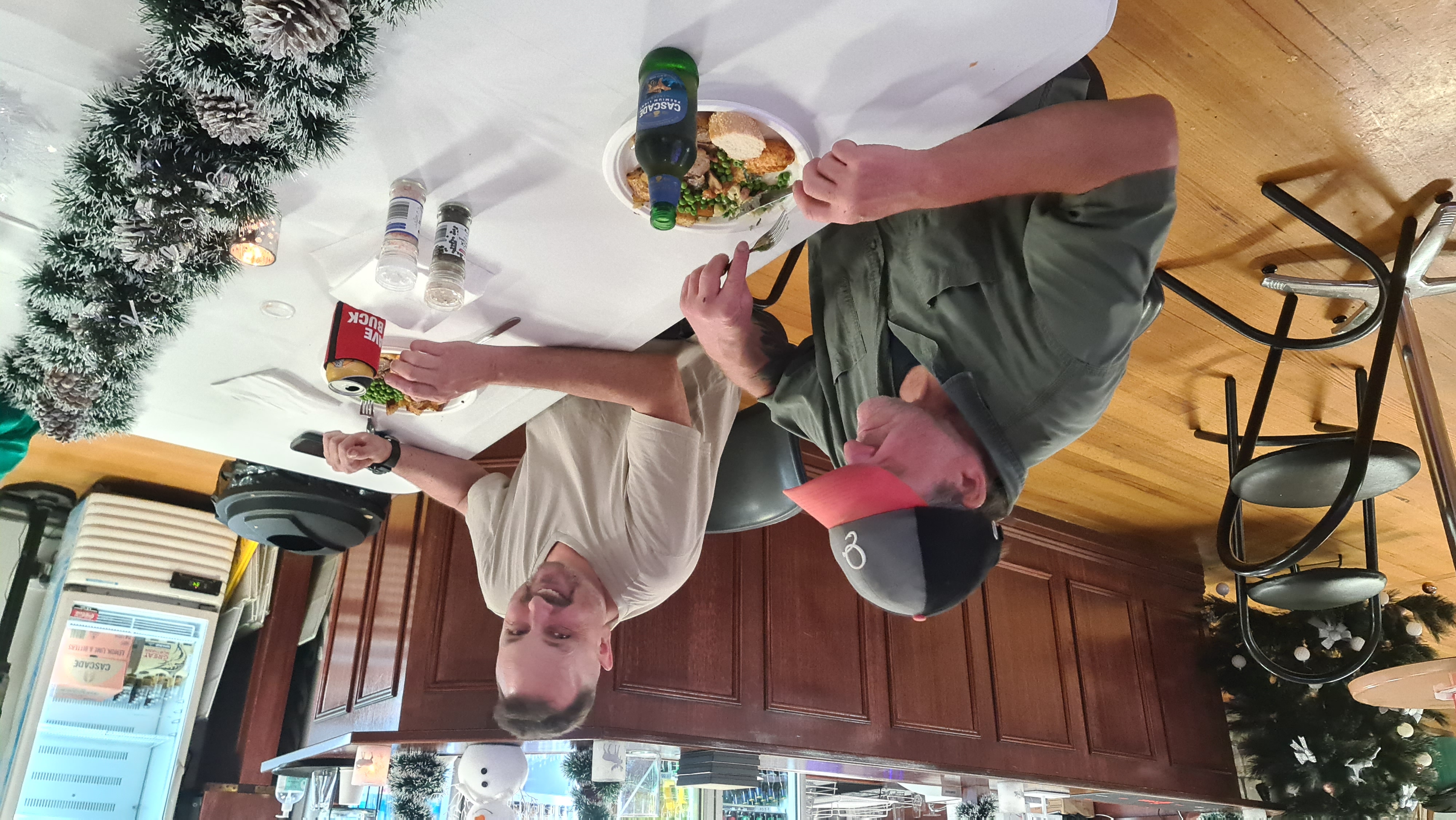
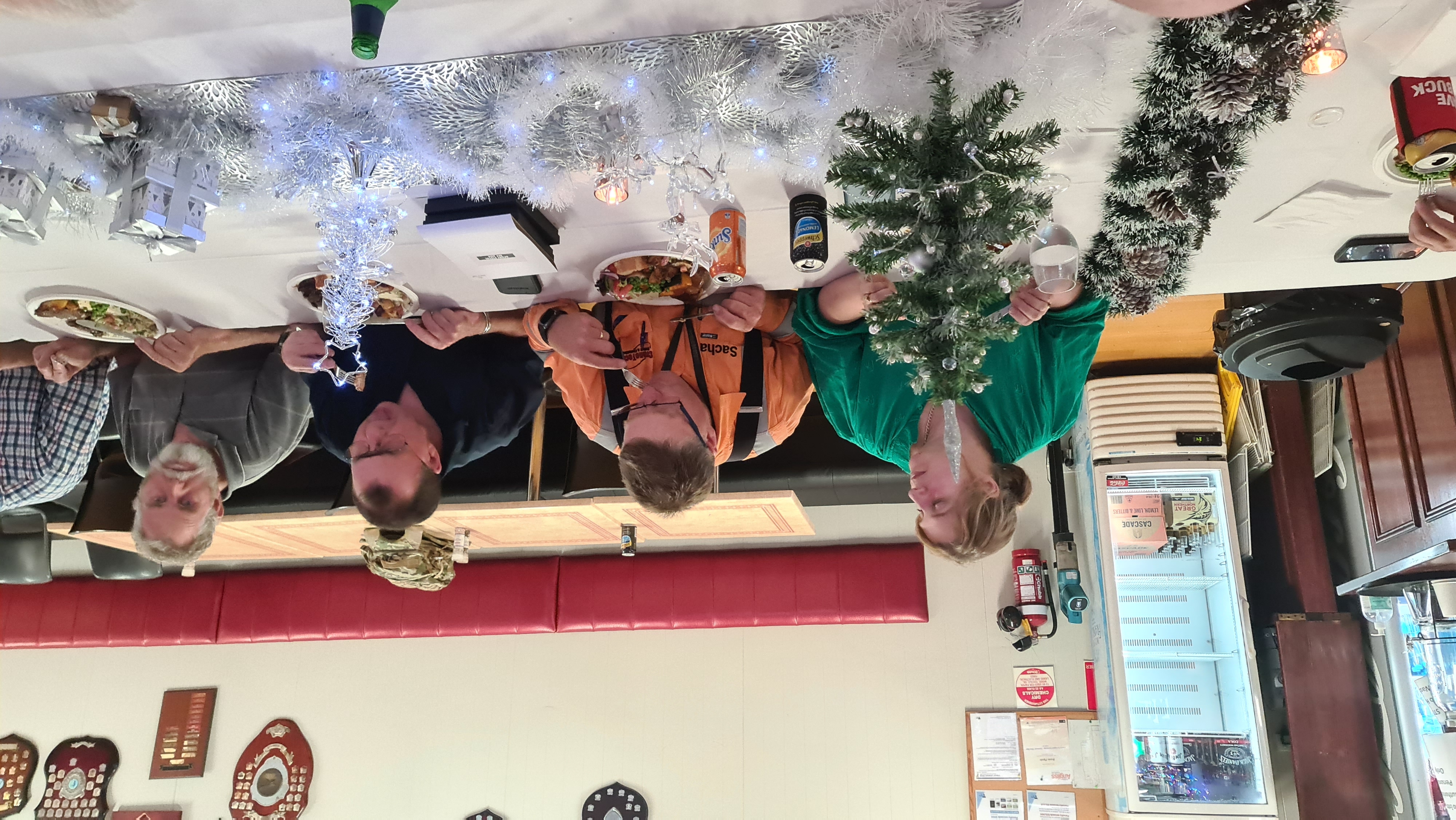
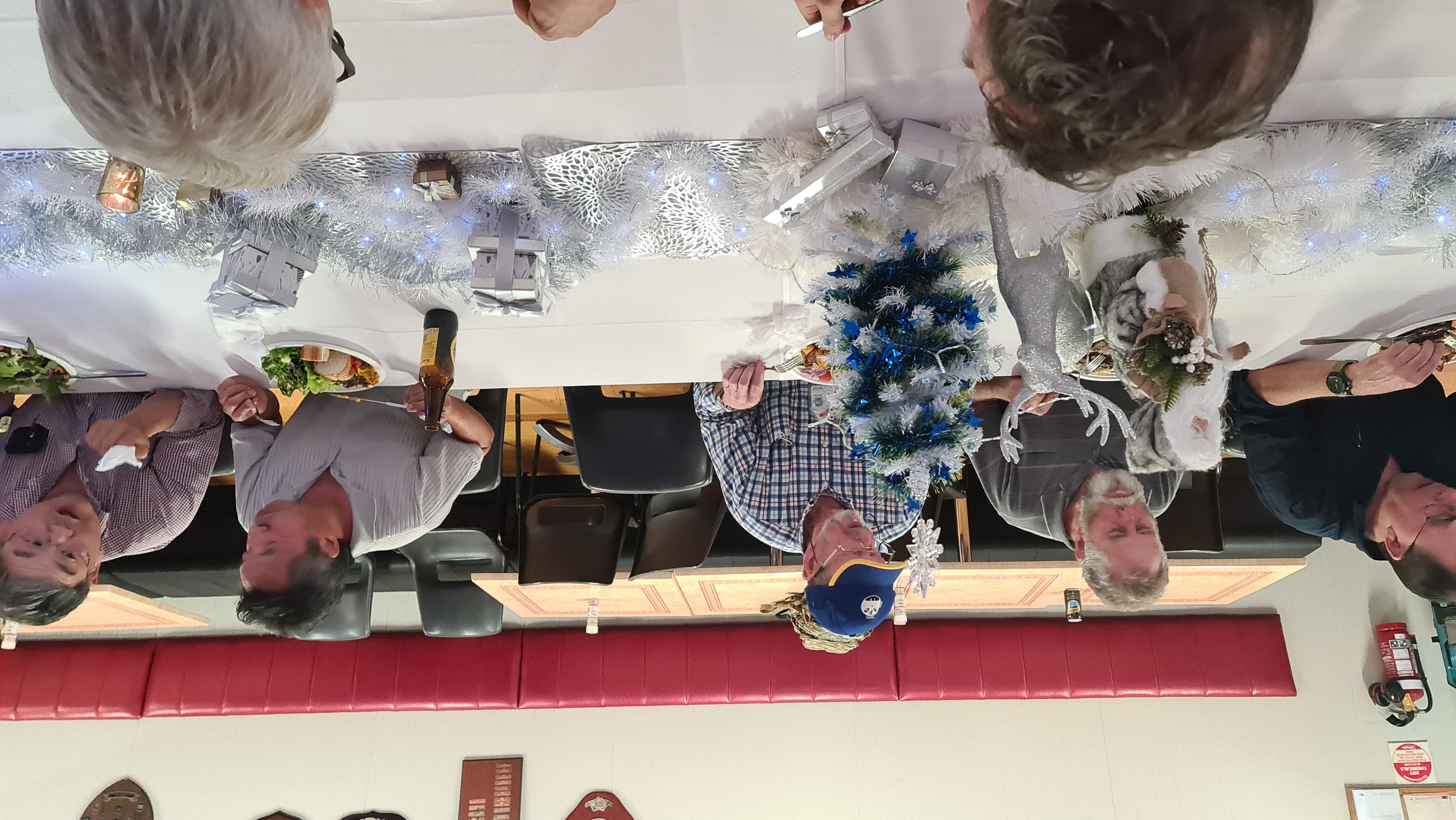
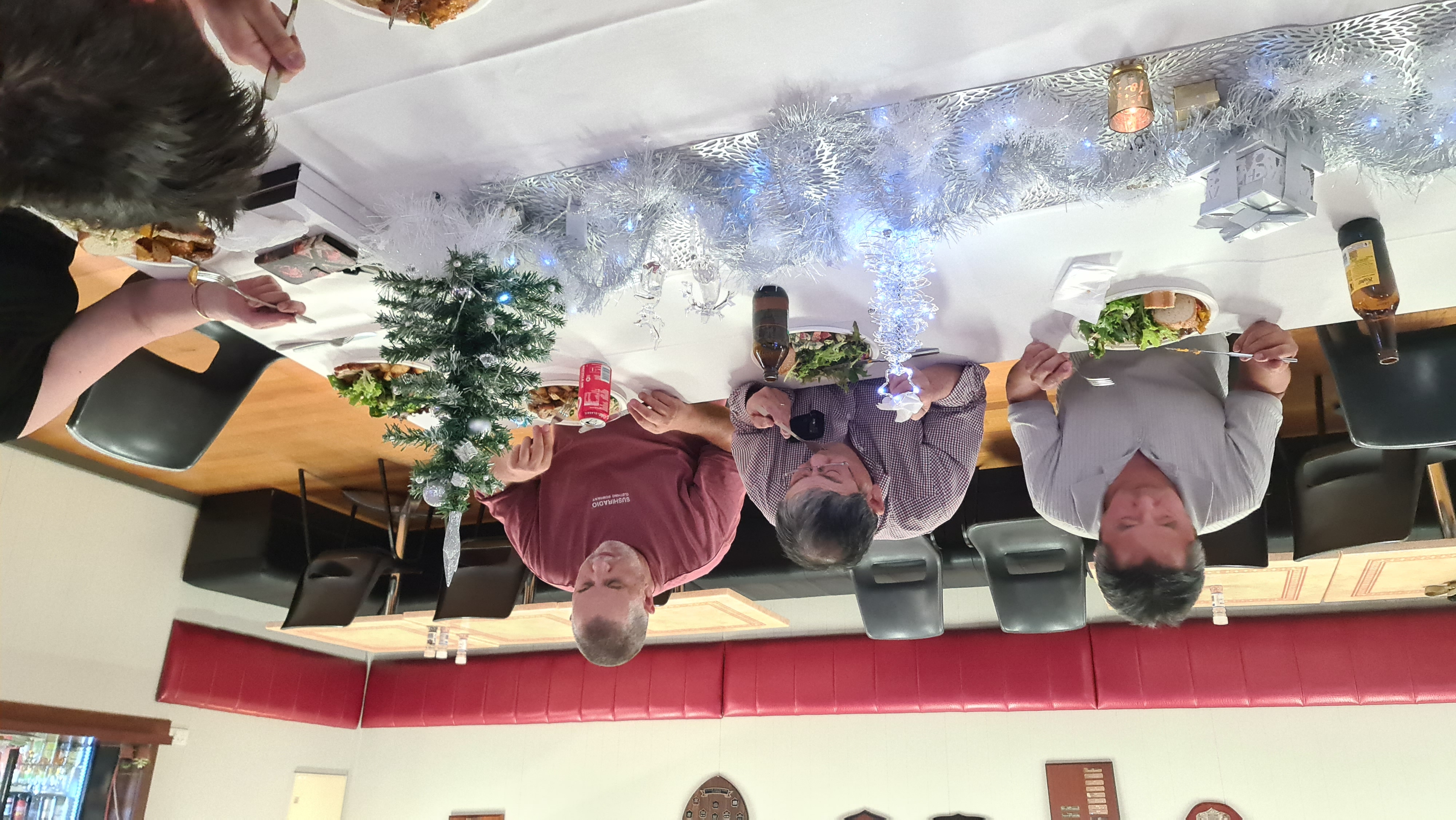

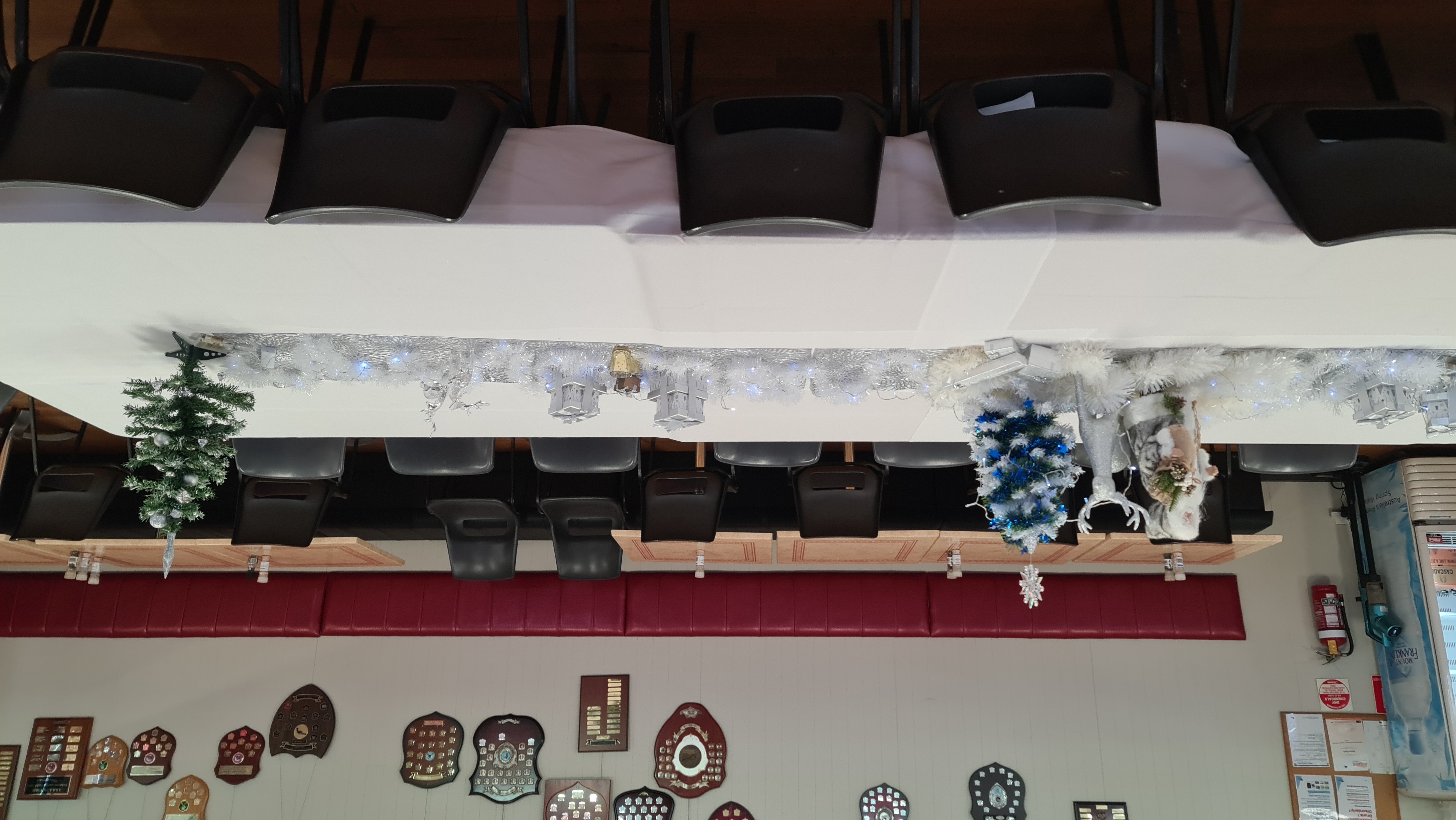


 Add: 714-716 Princess Hwy Springvale Victoria
Add: 714-716 Princess Hwy Springvale Victoria Email:
Email:  Mail: PO Box 60 Sandown Village, VIC 3171
Mail: PO Box 60 Sandown Village, VIC 3171 Web:
Web: 

